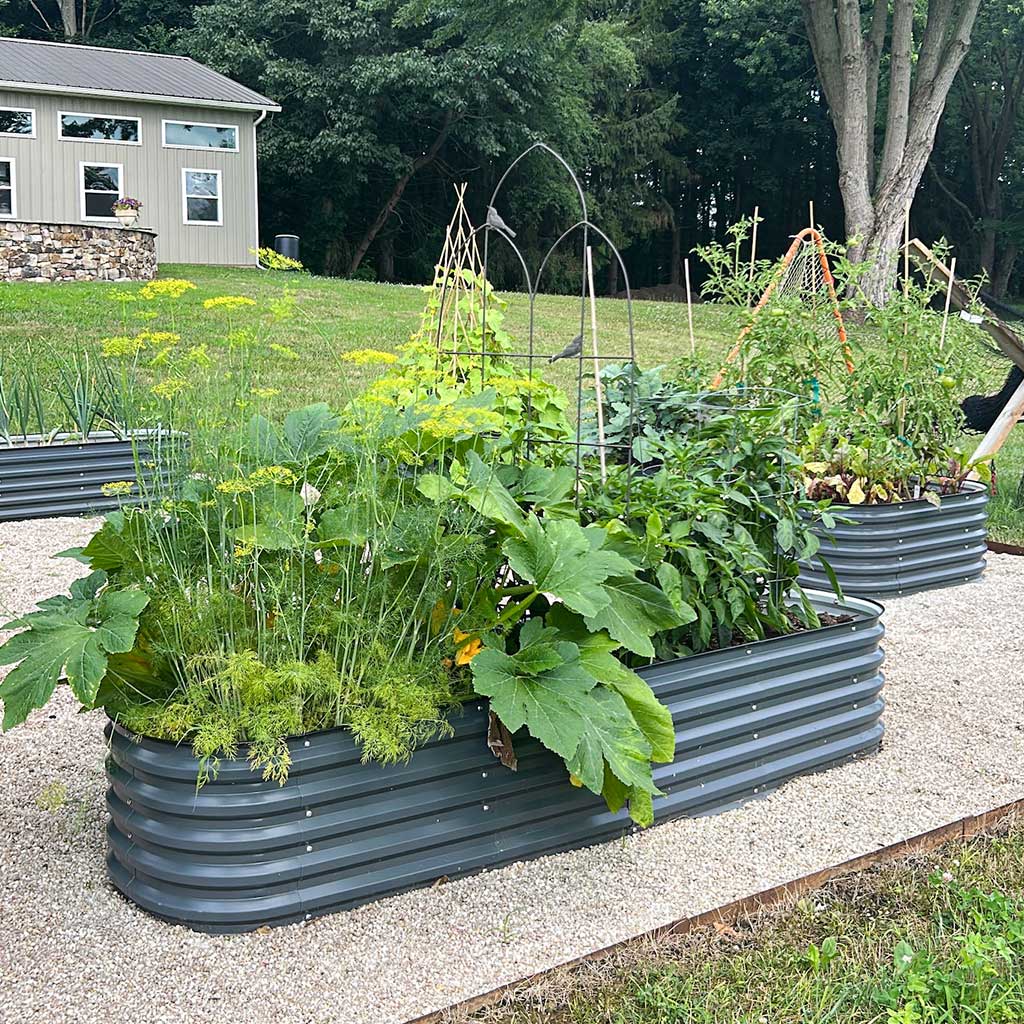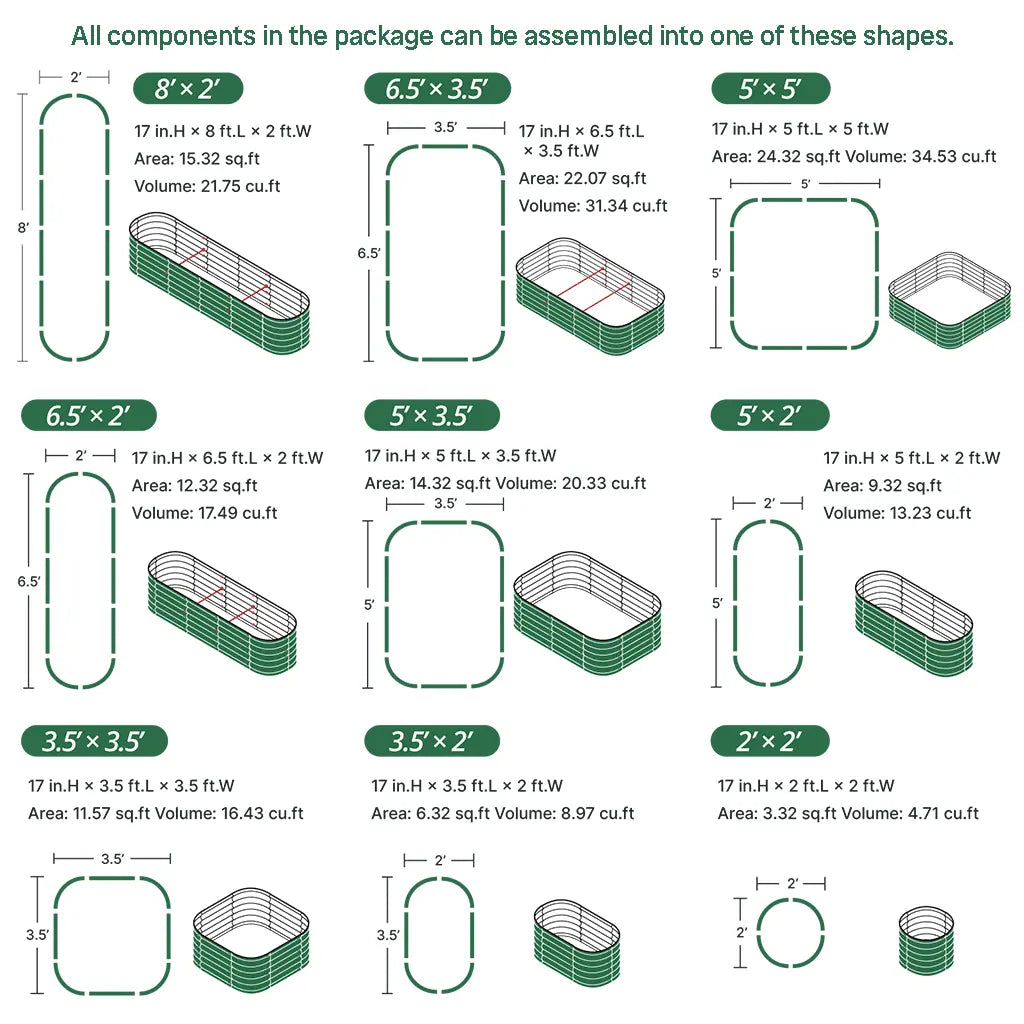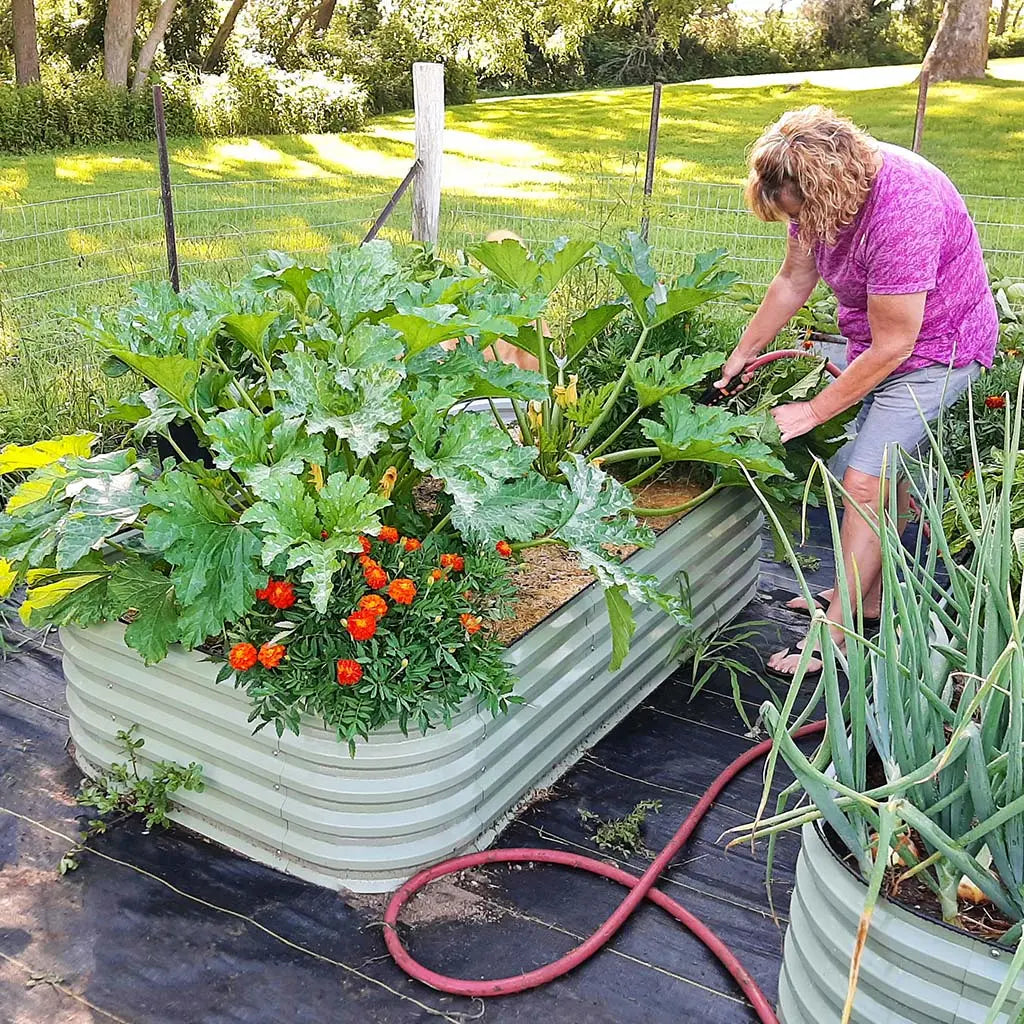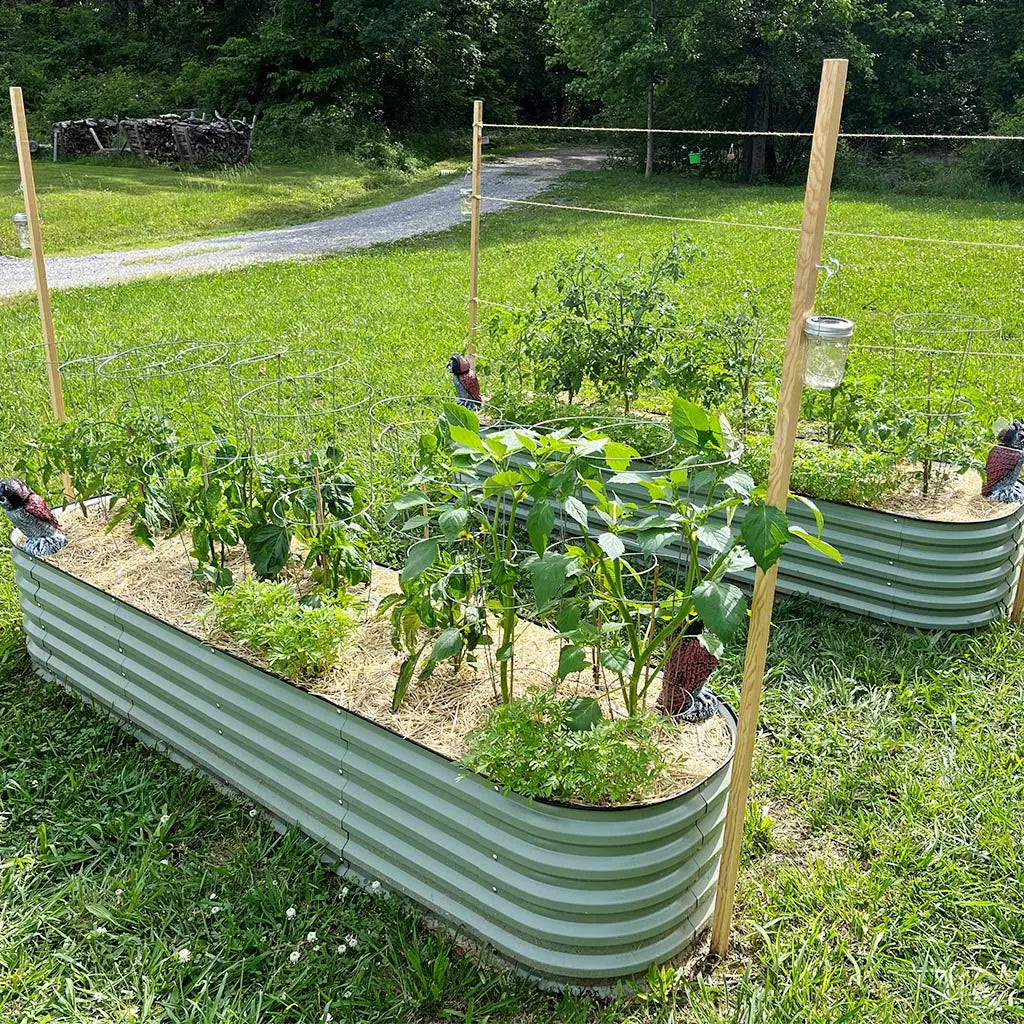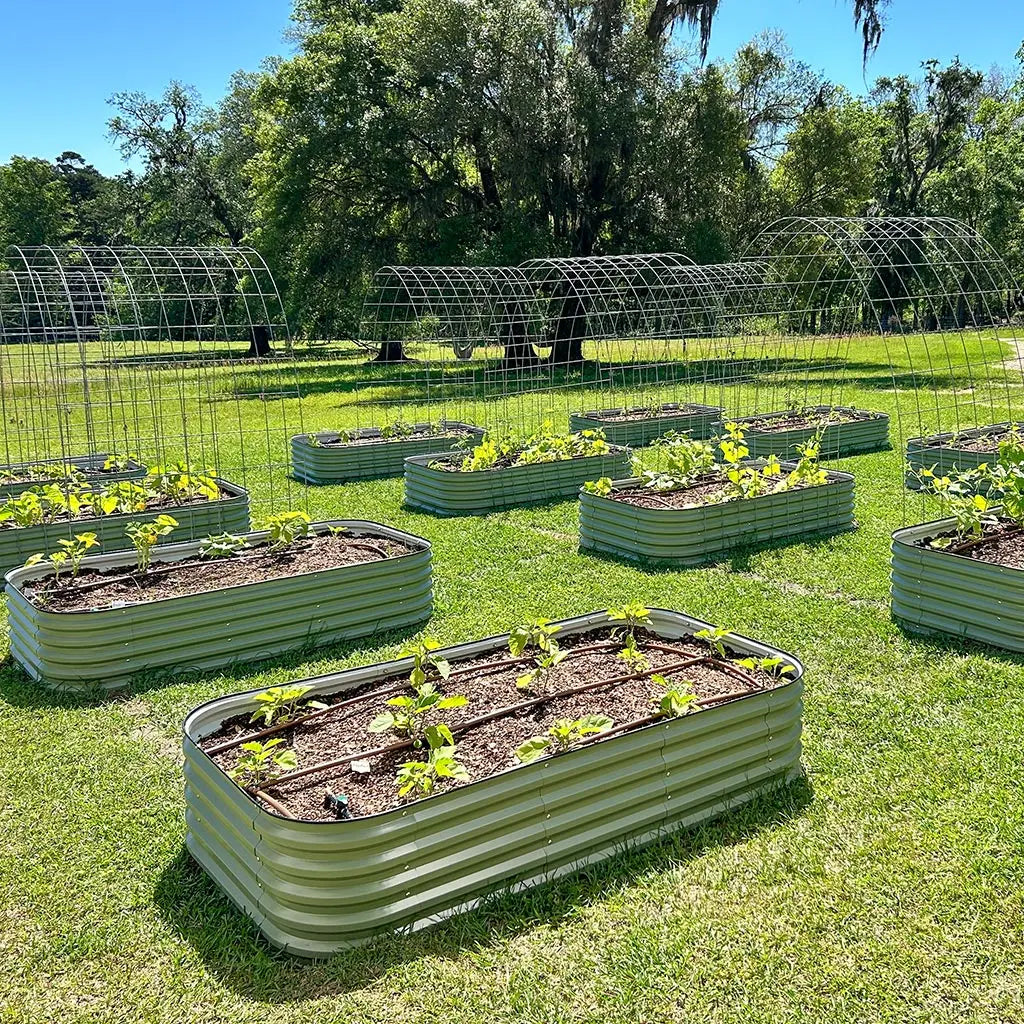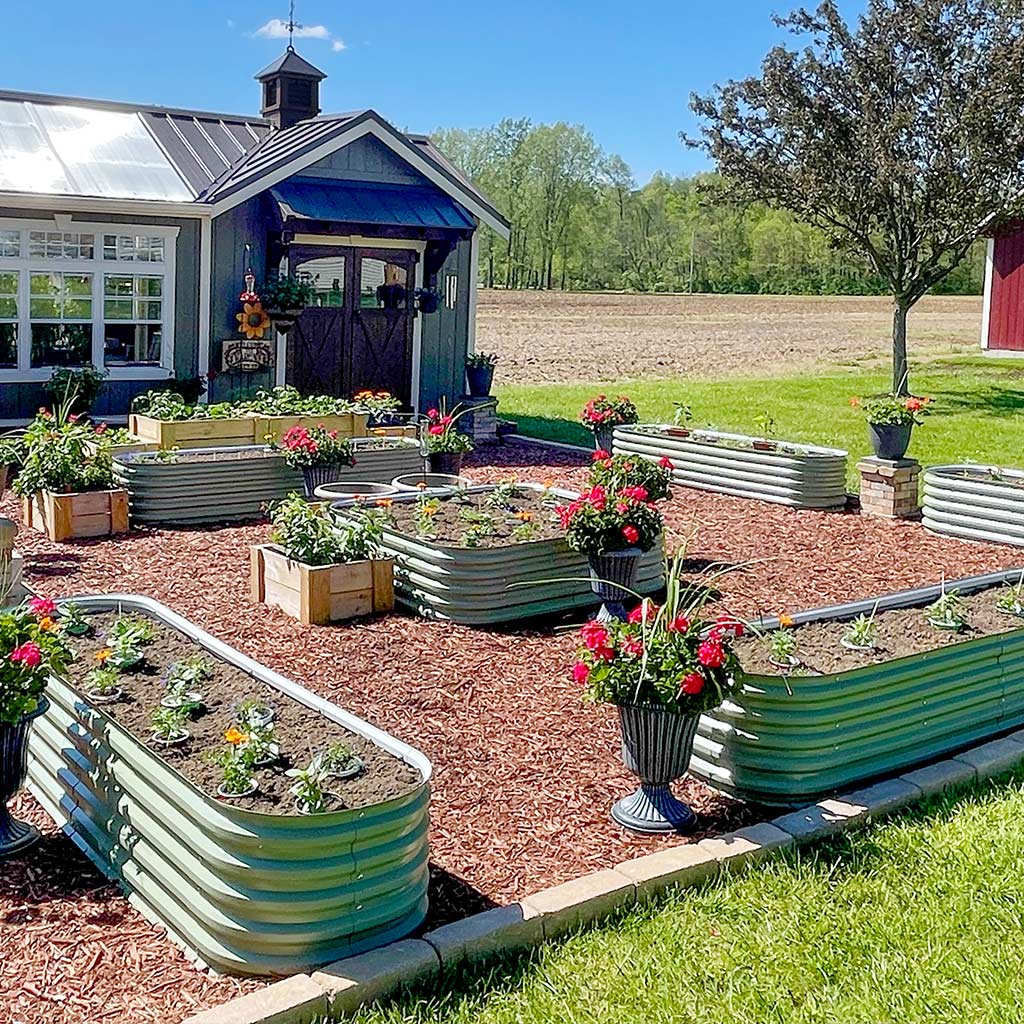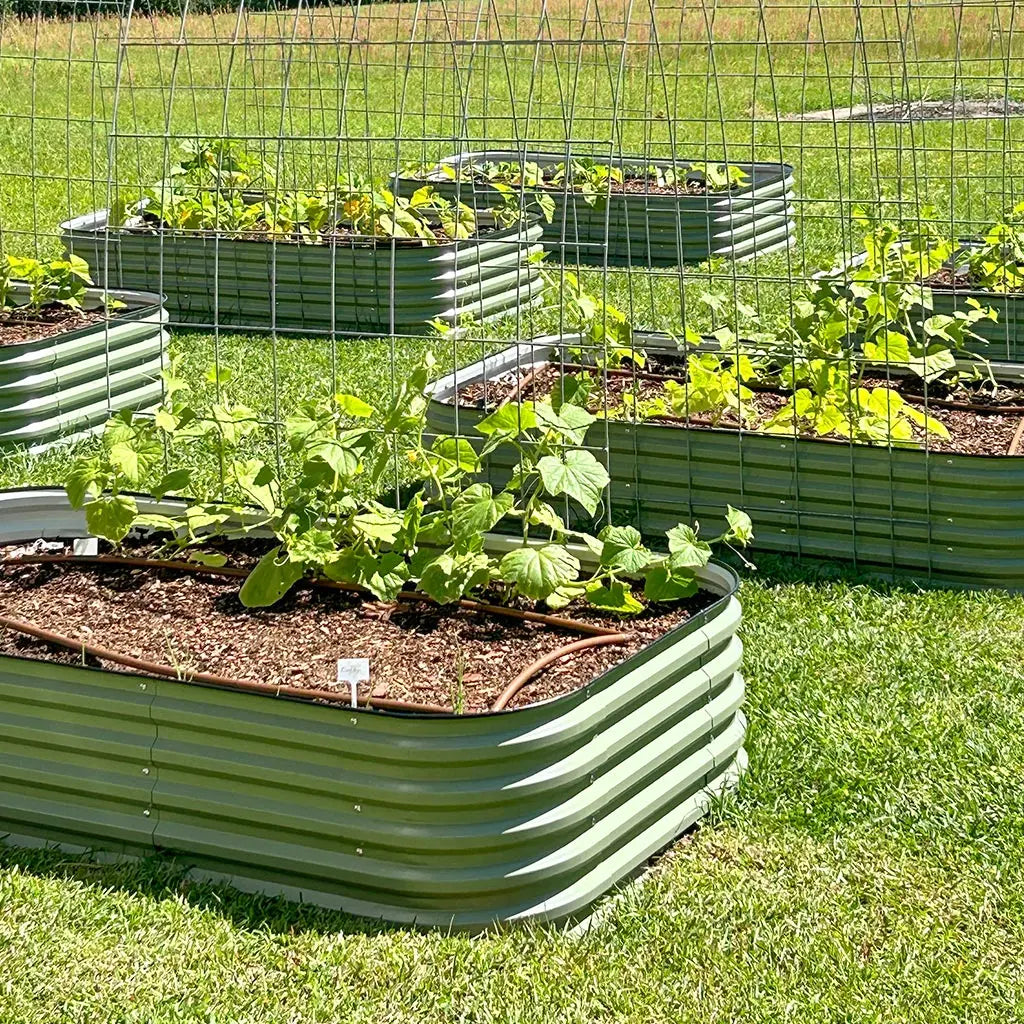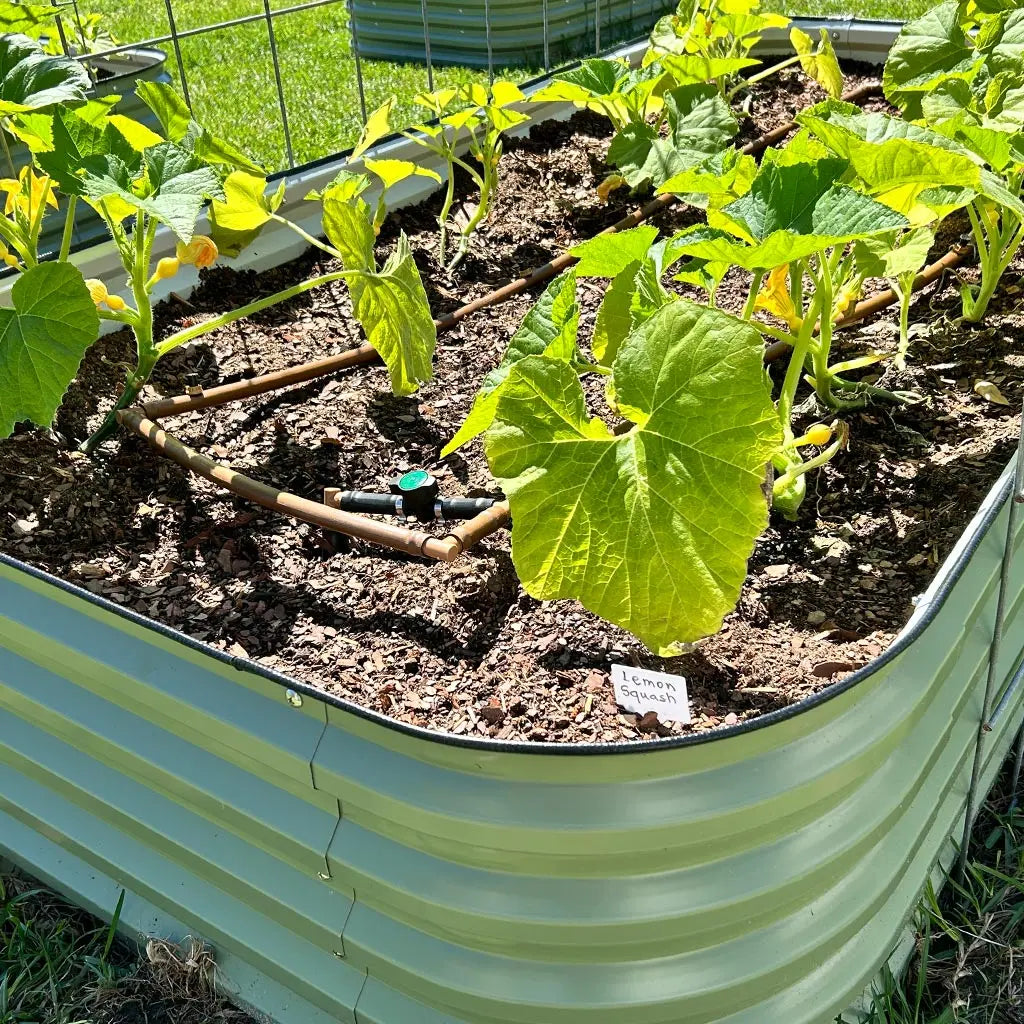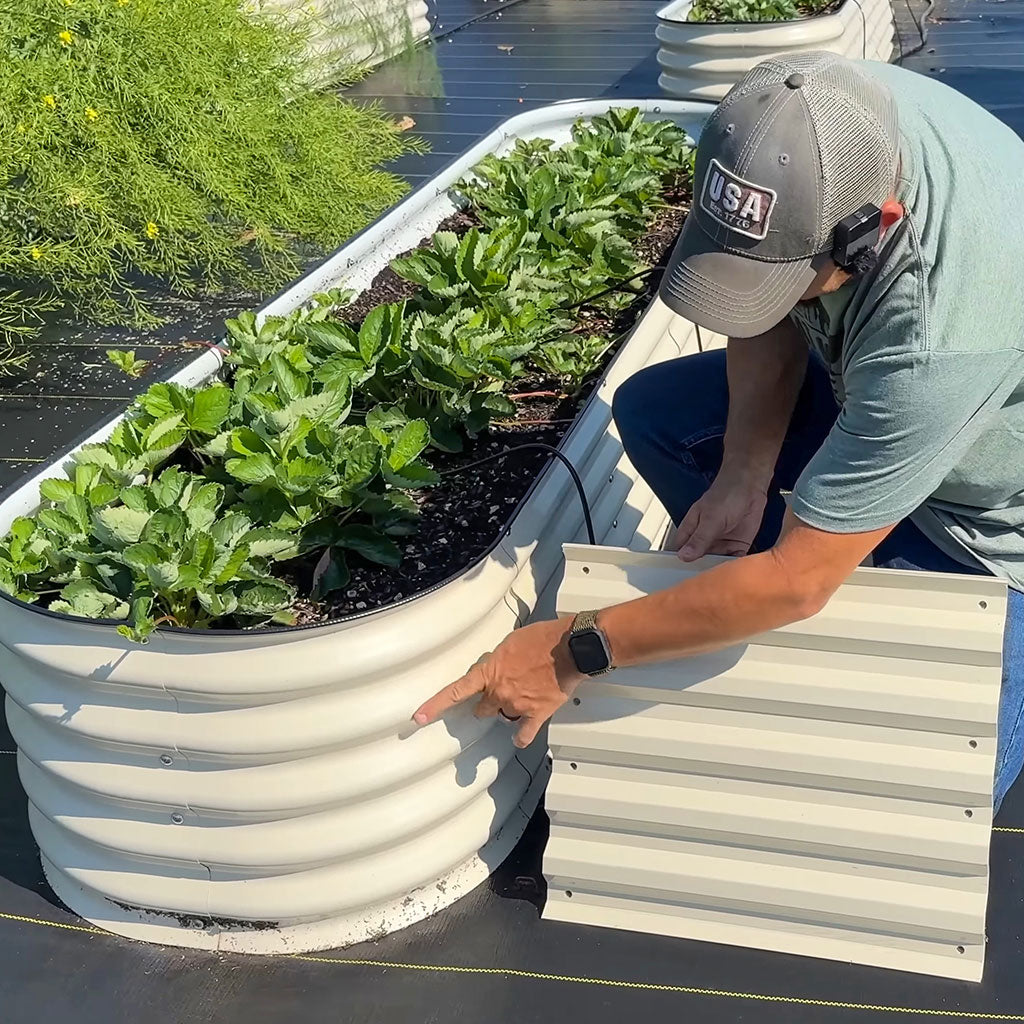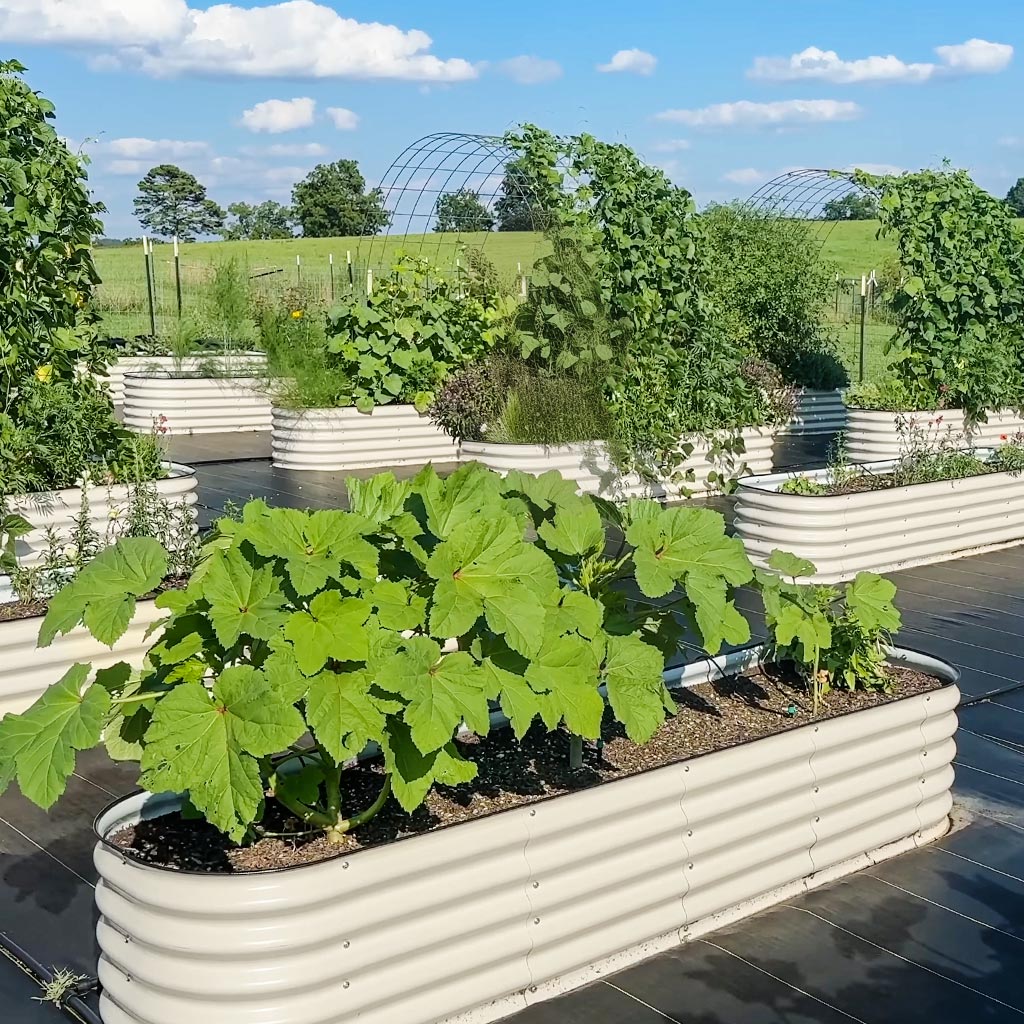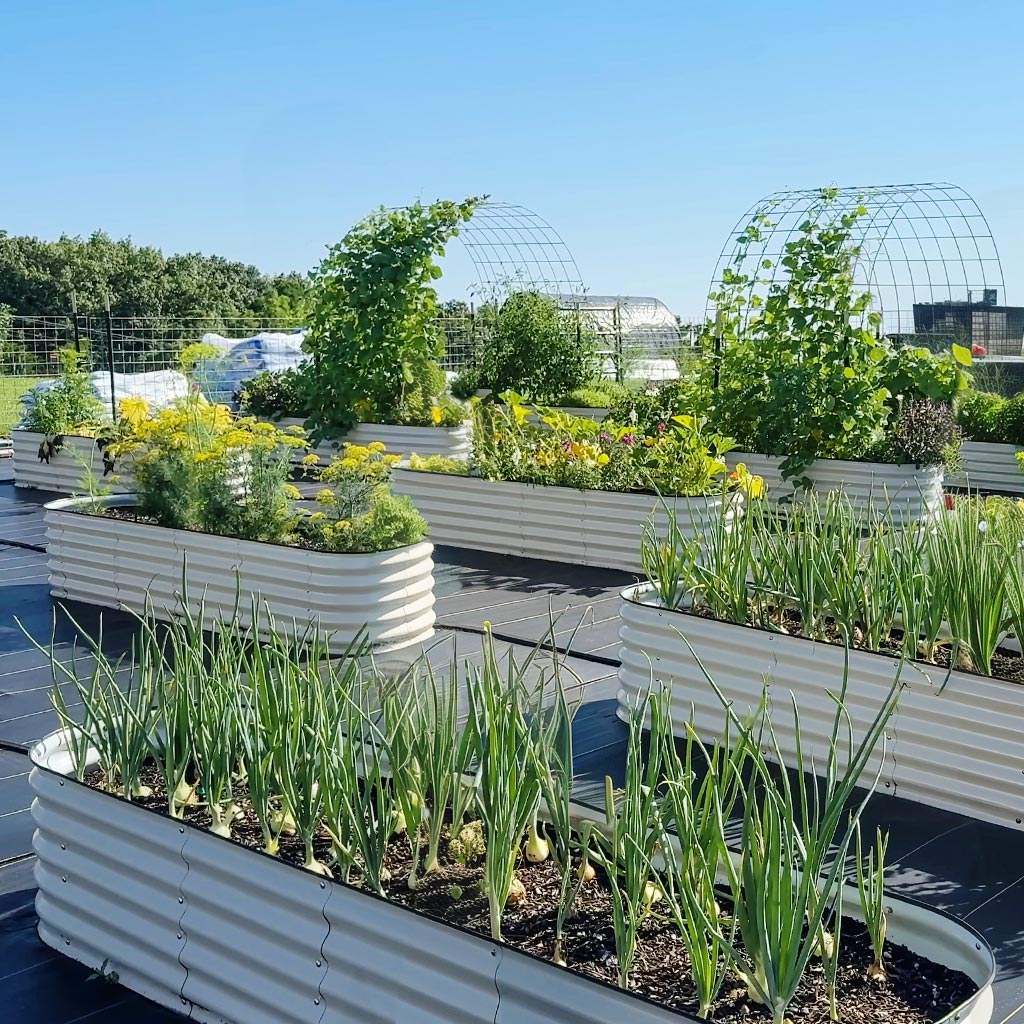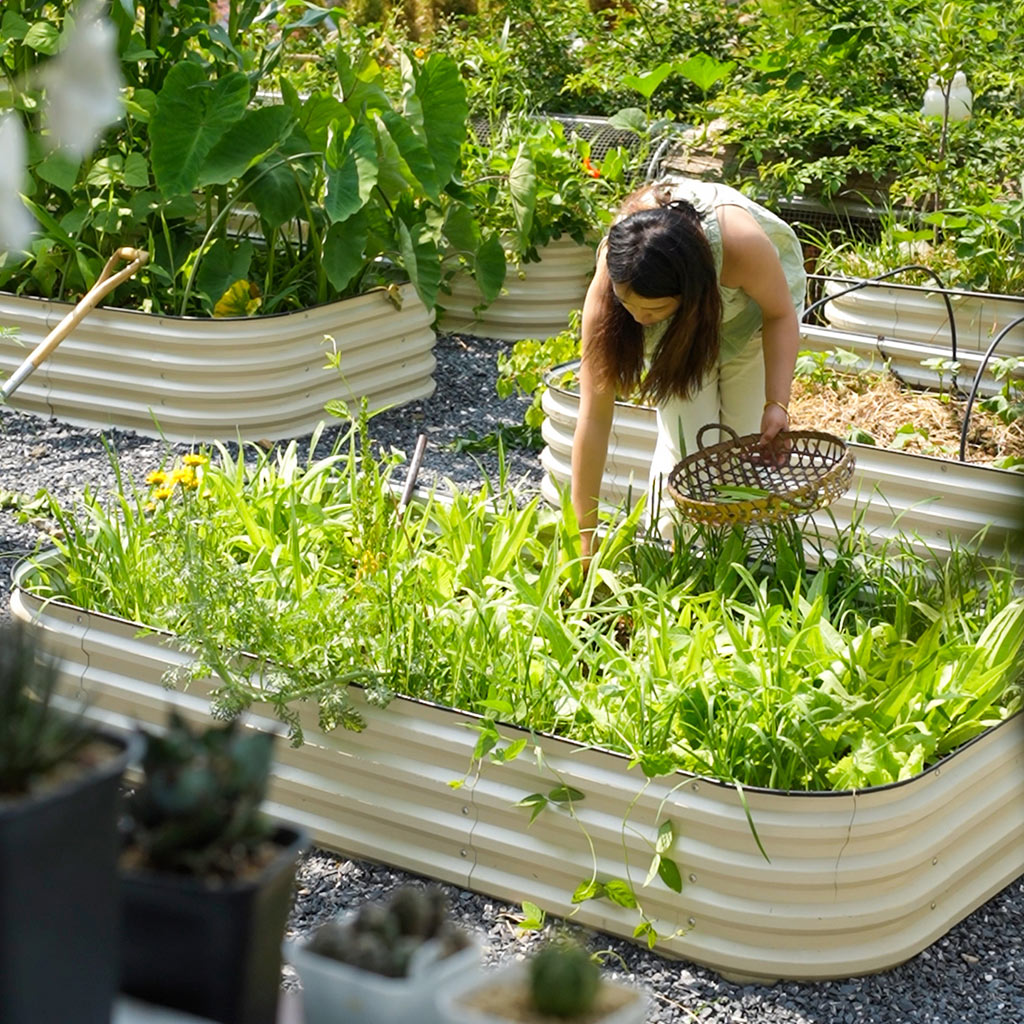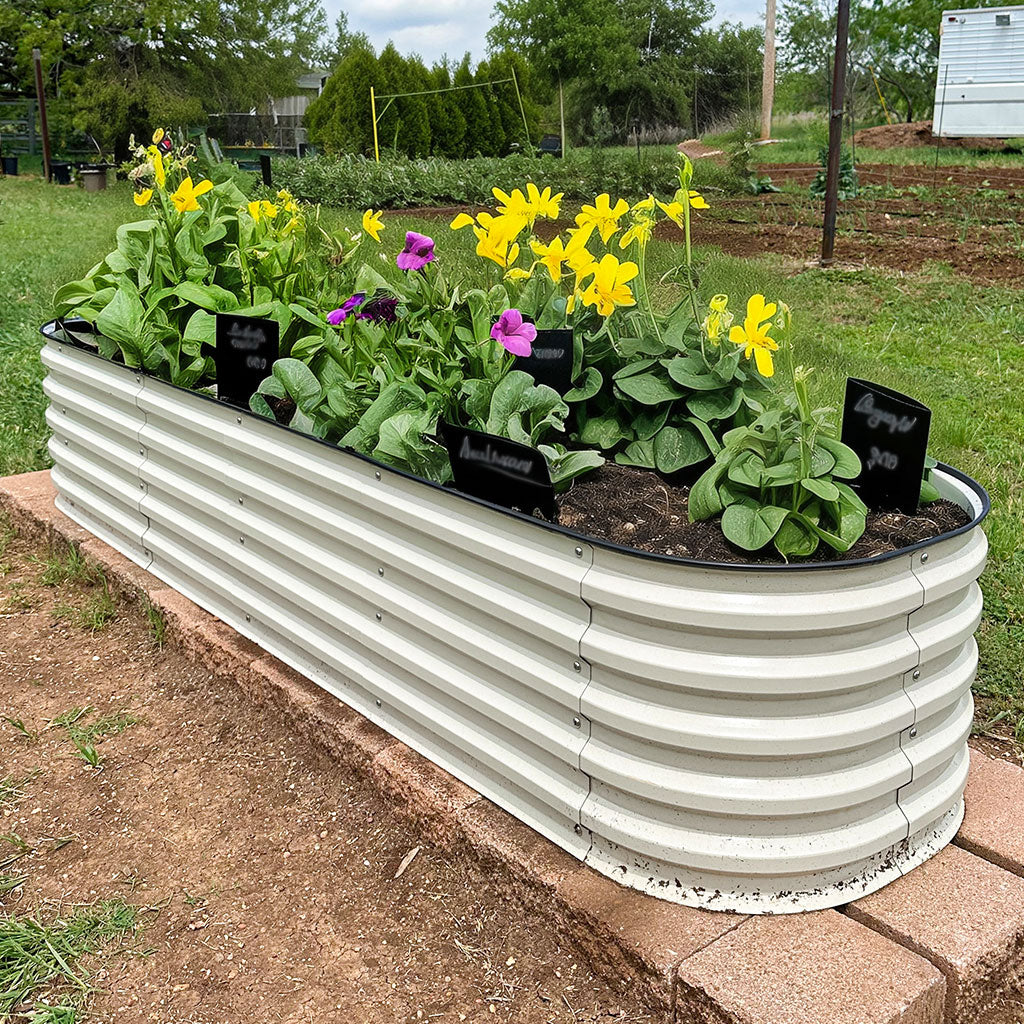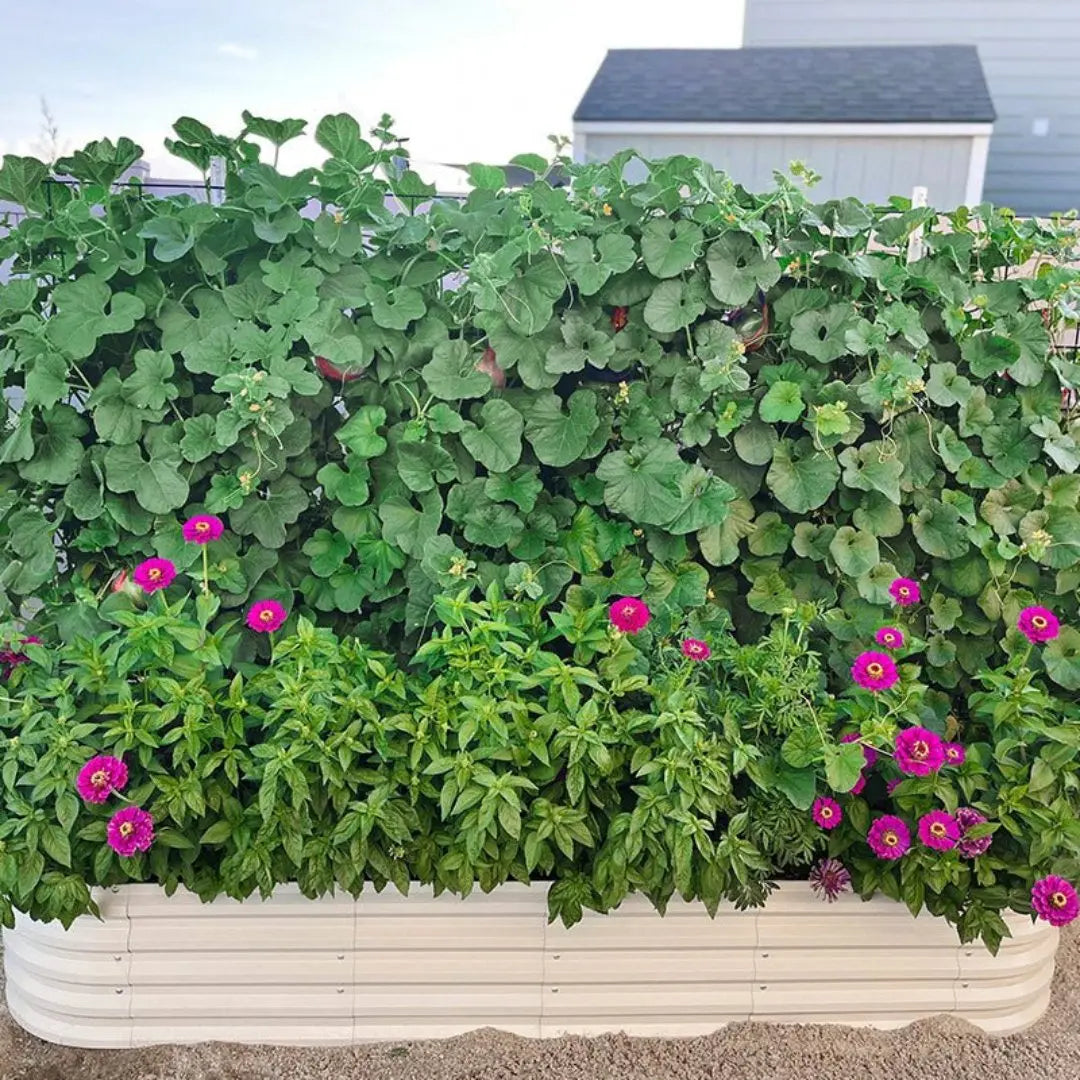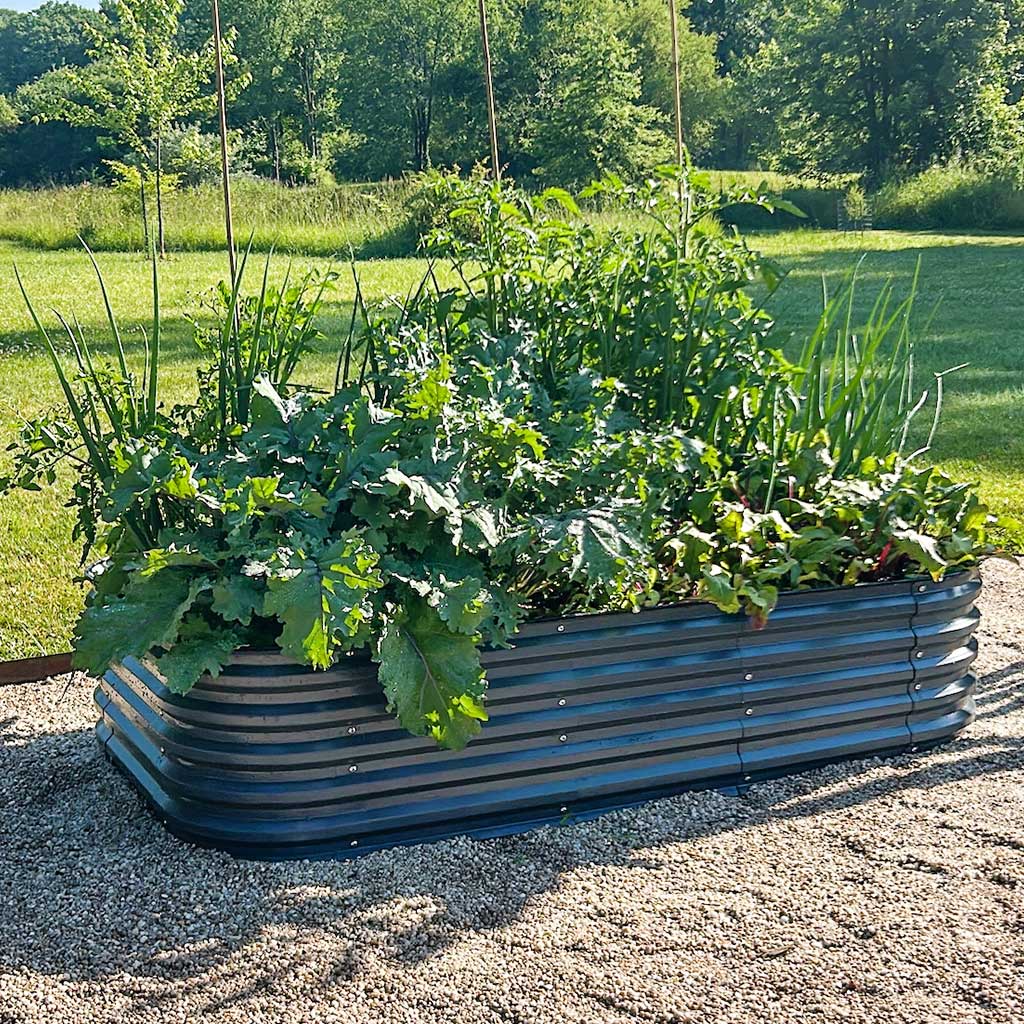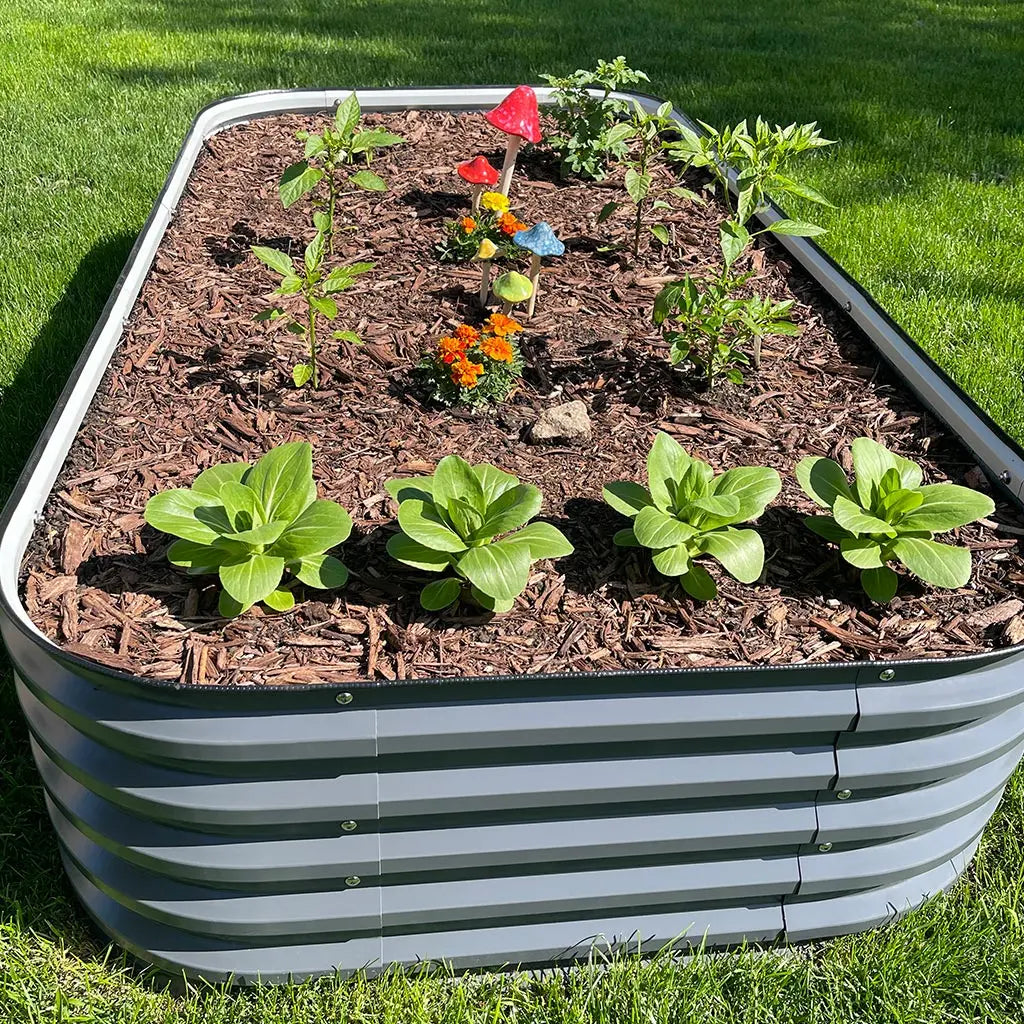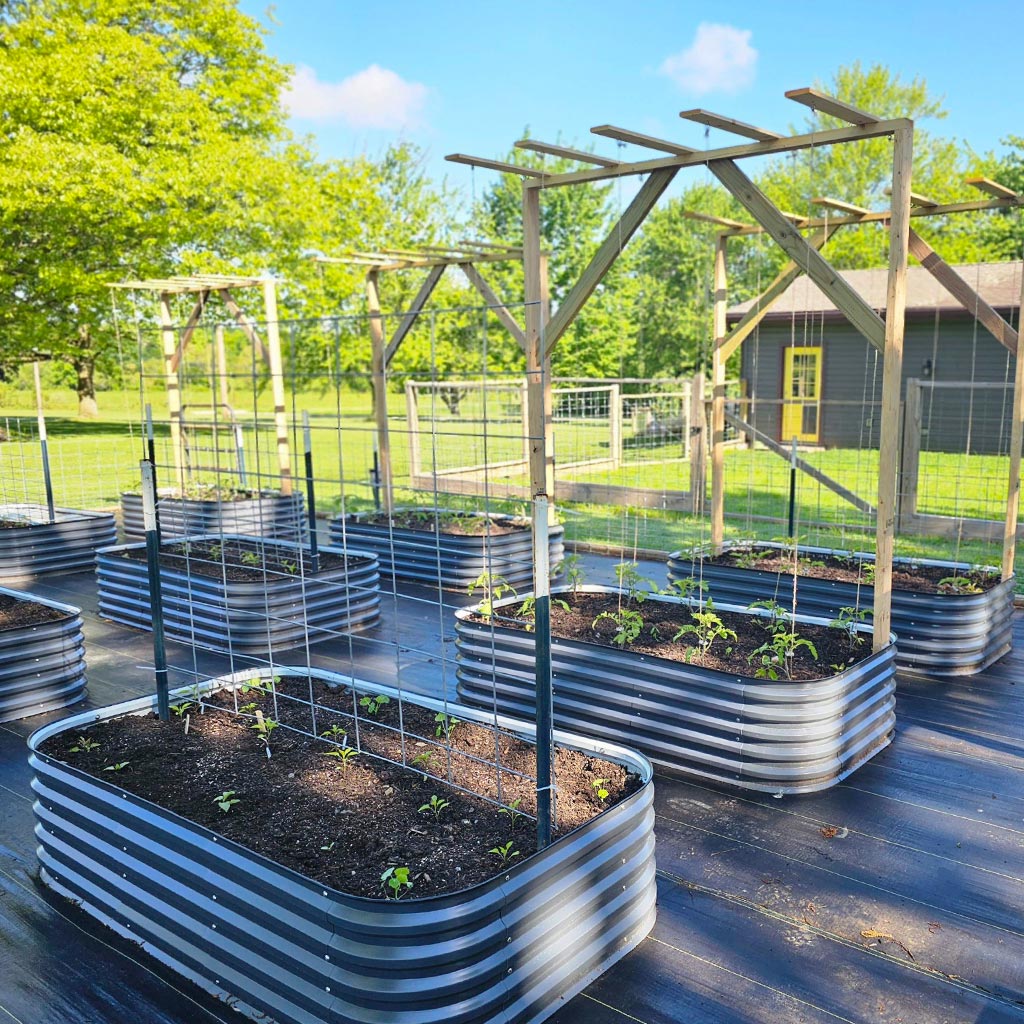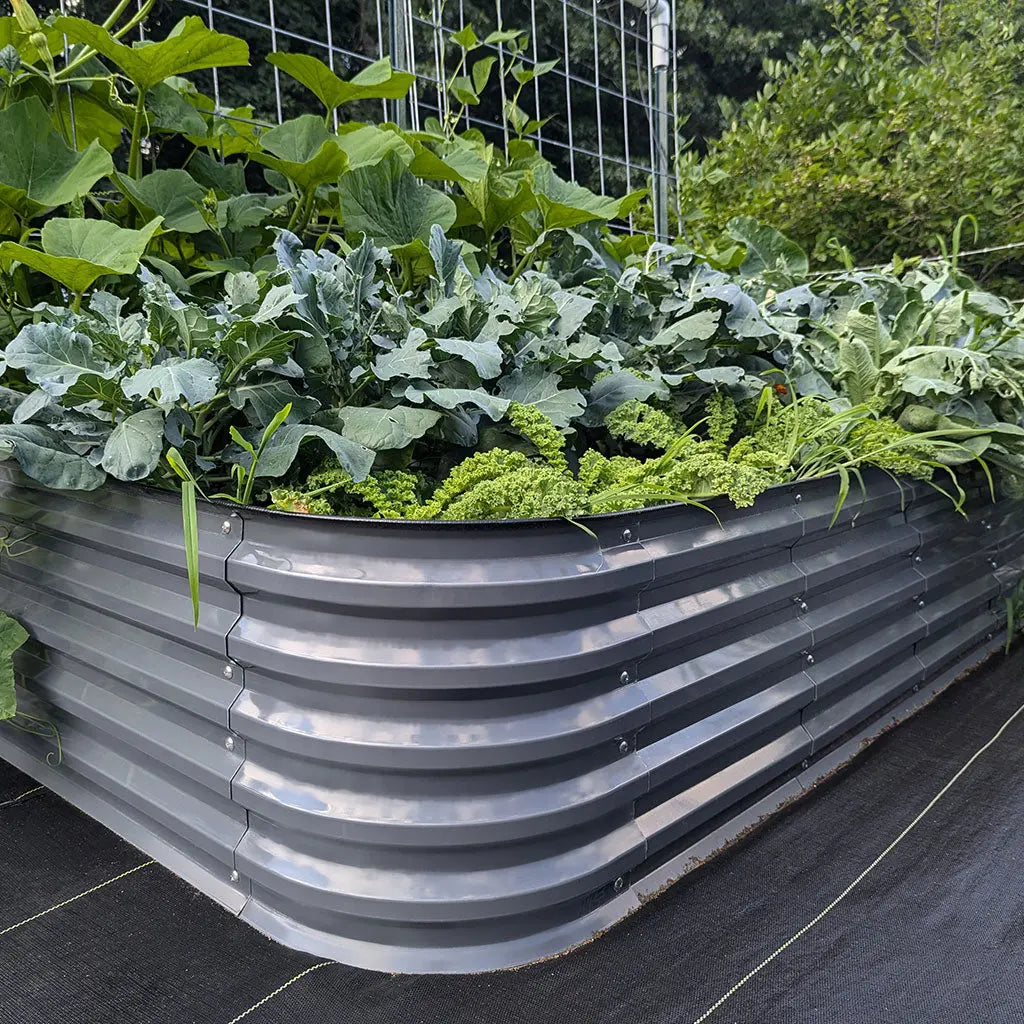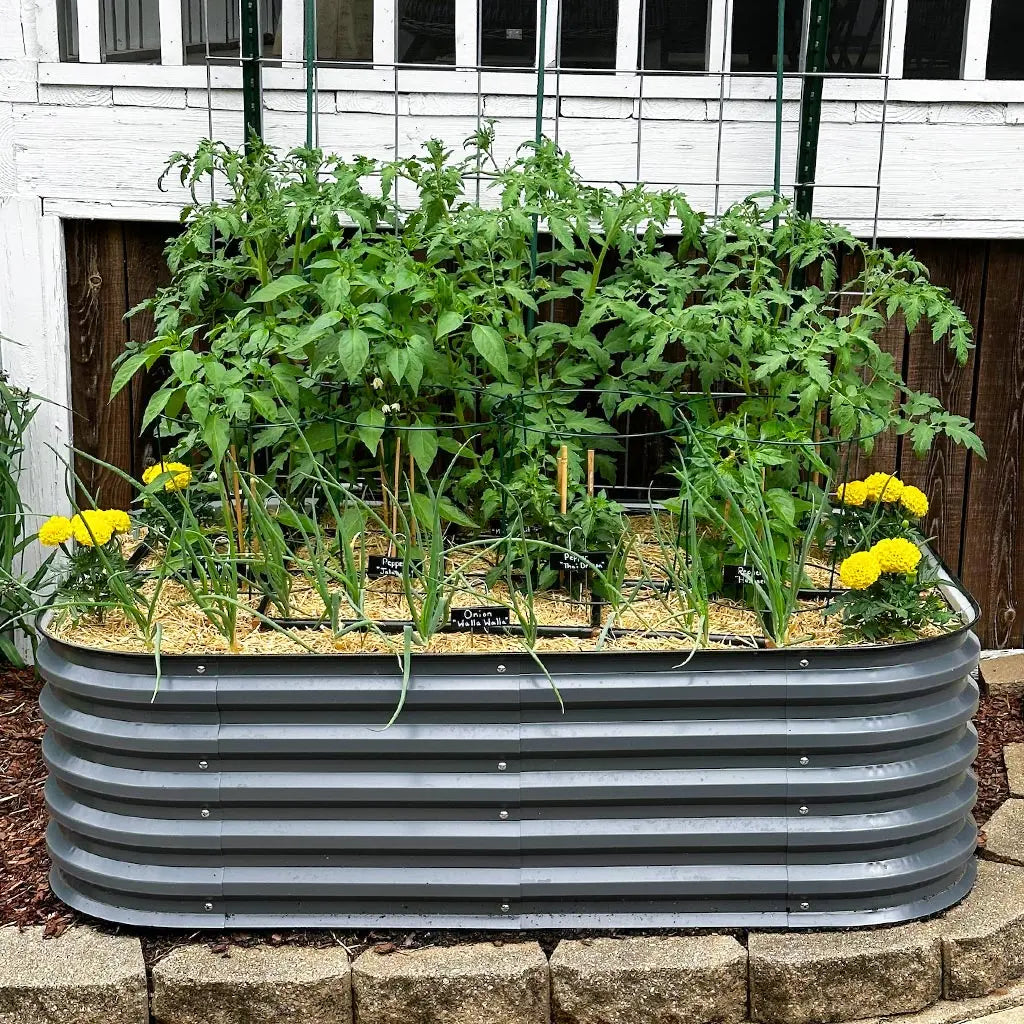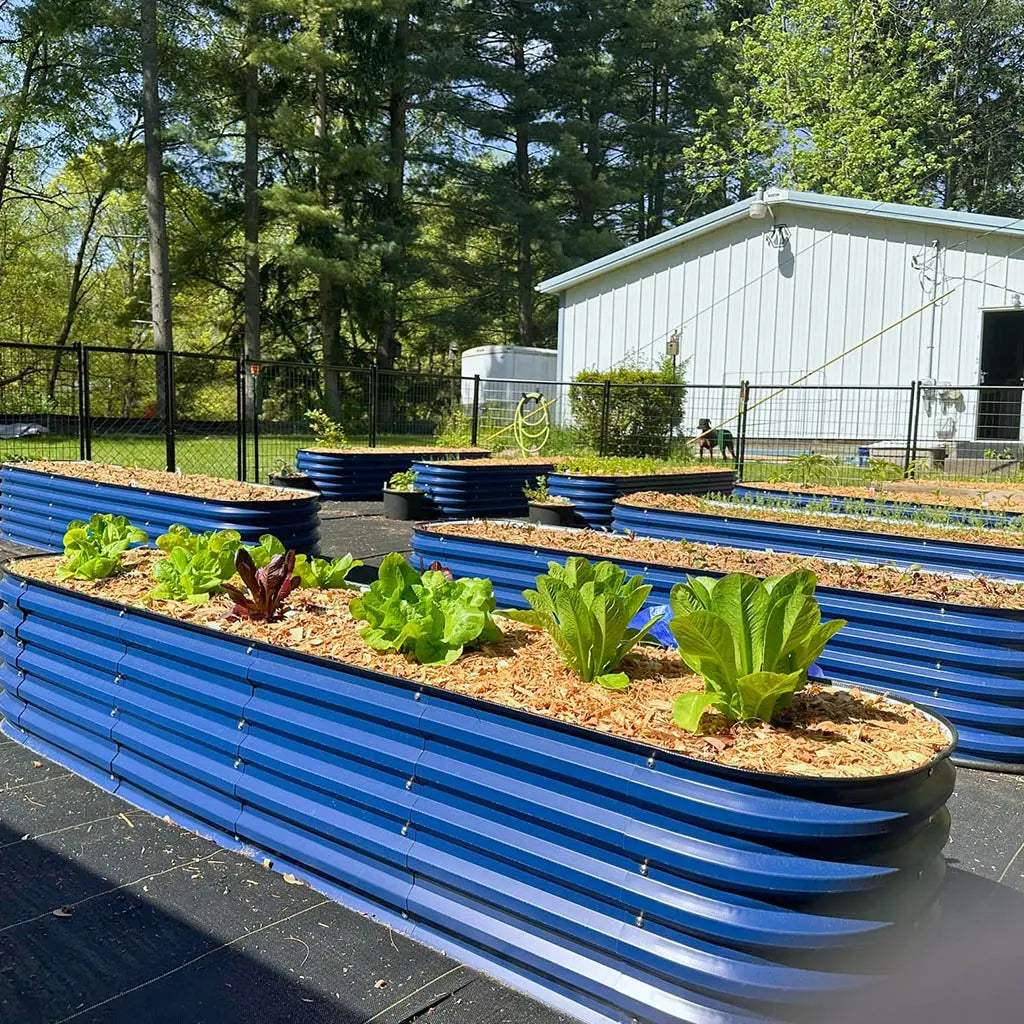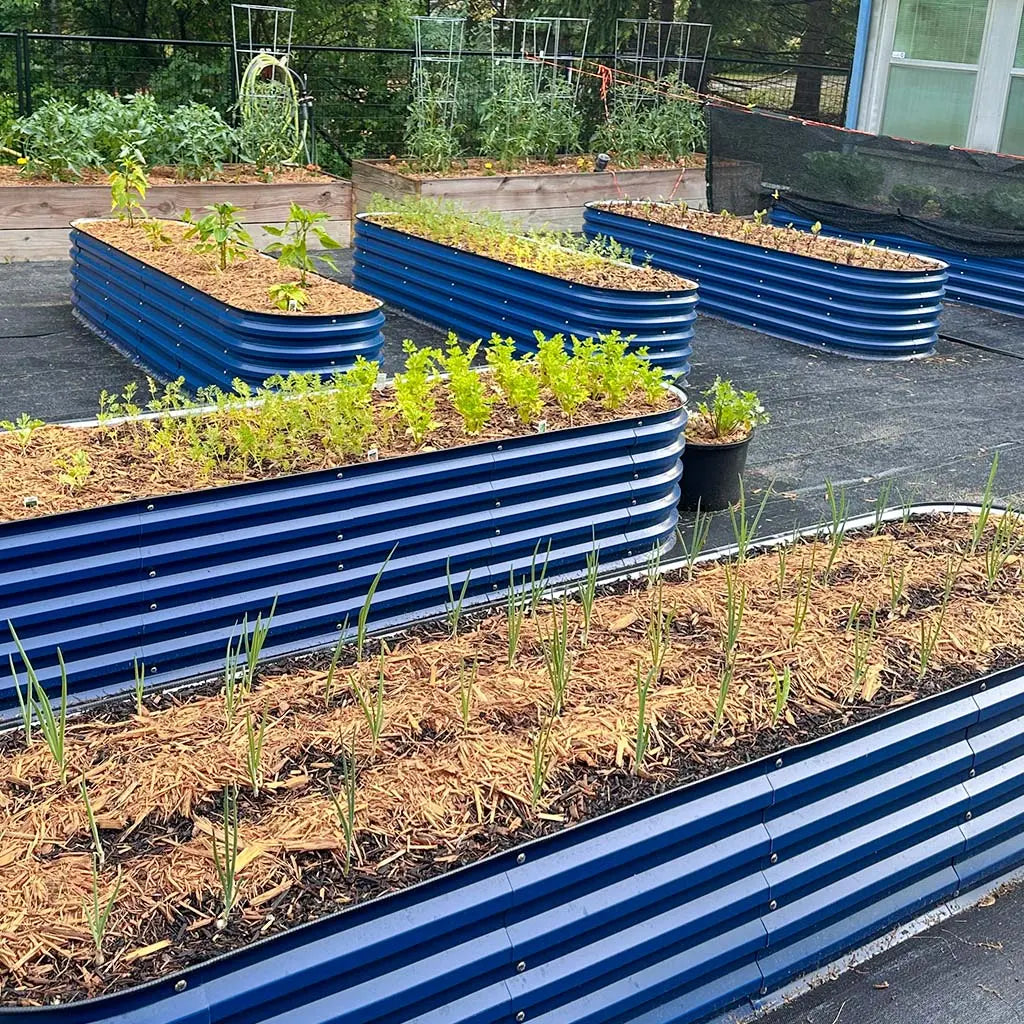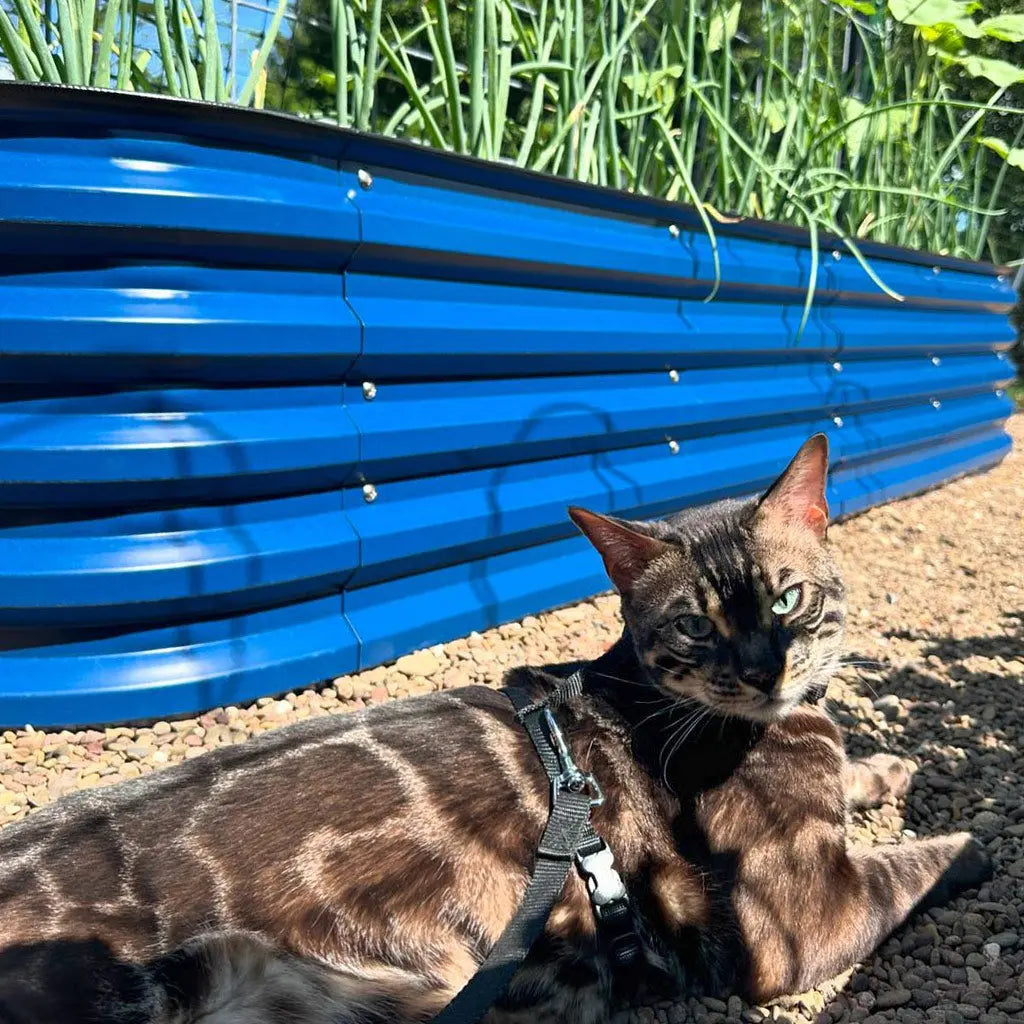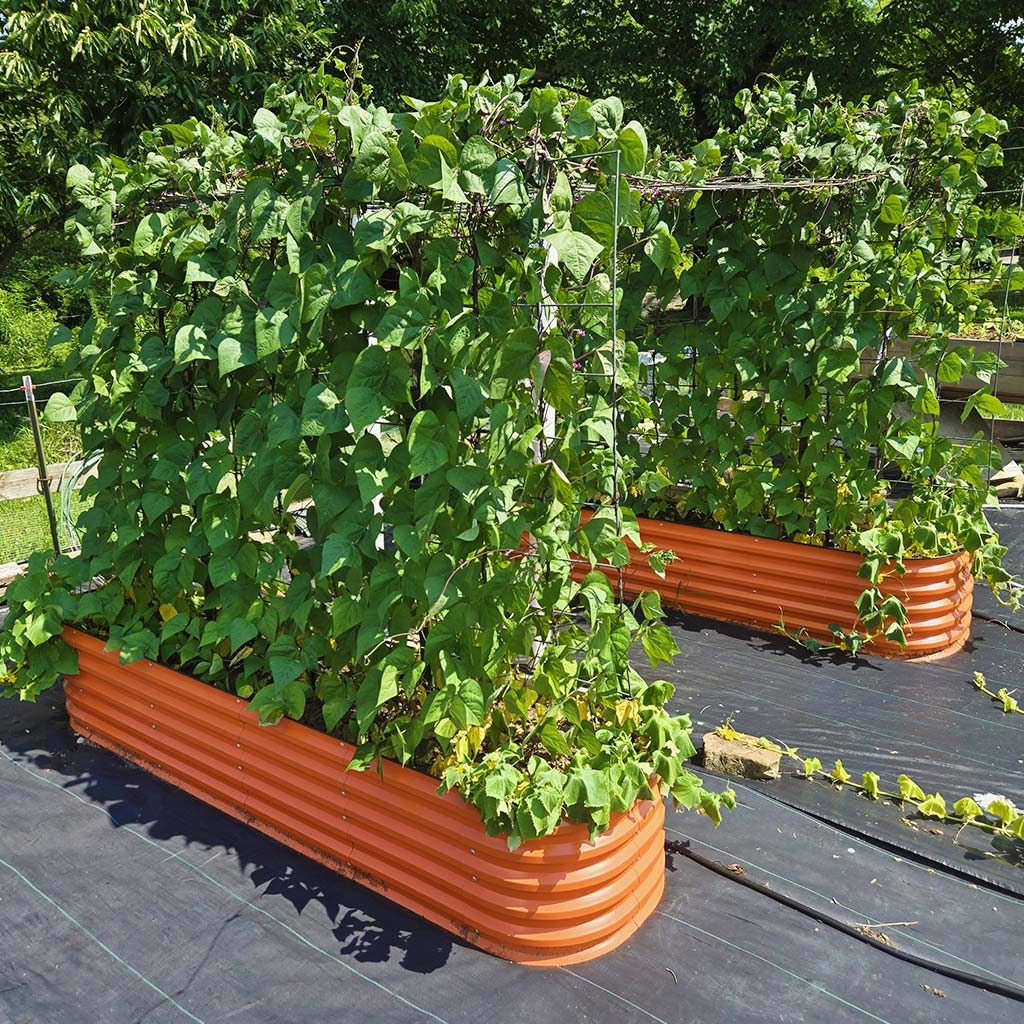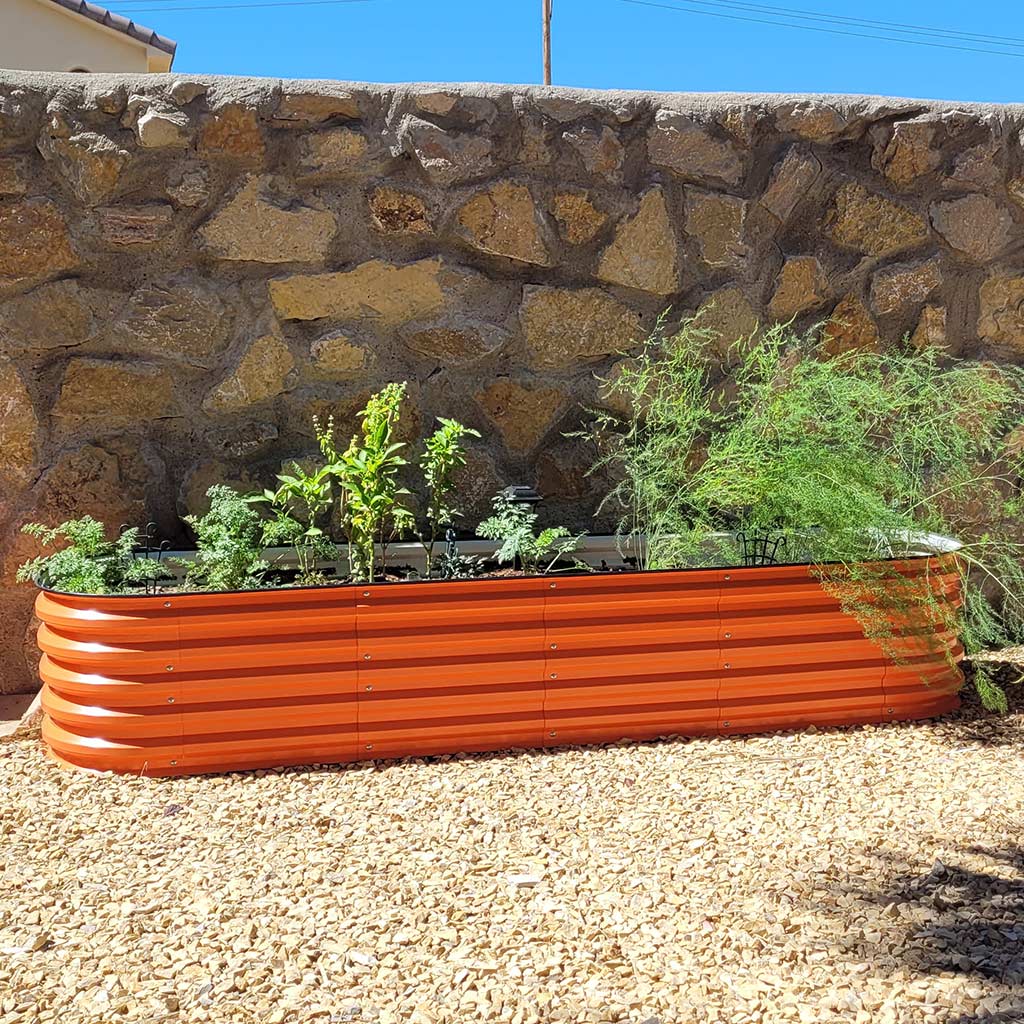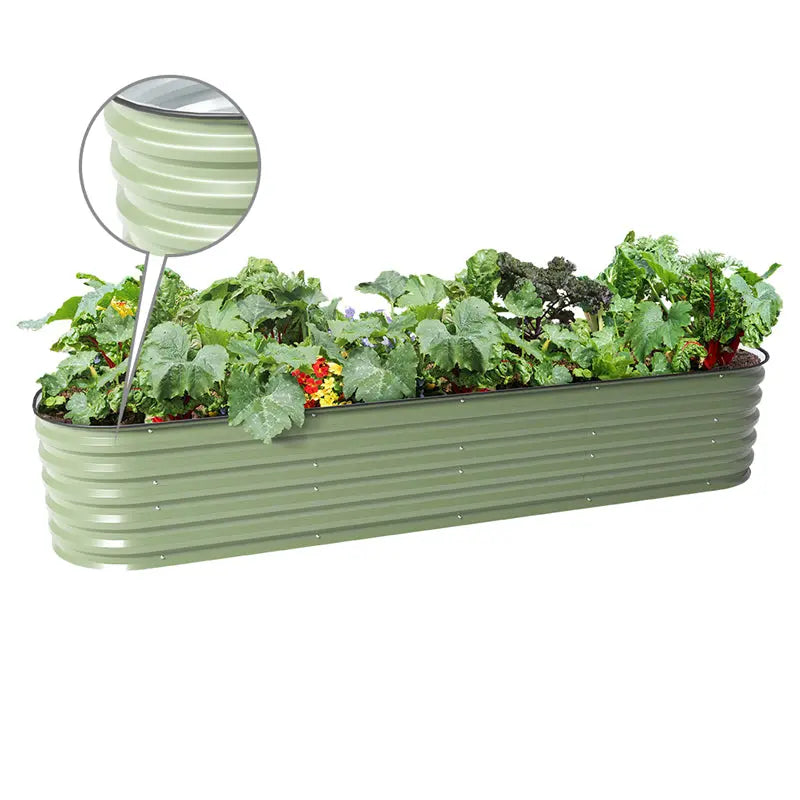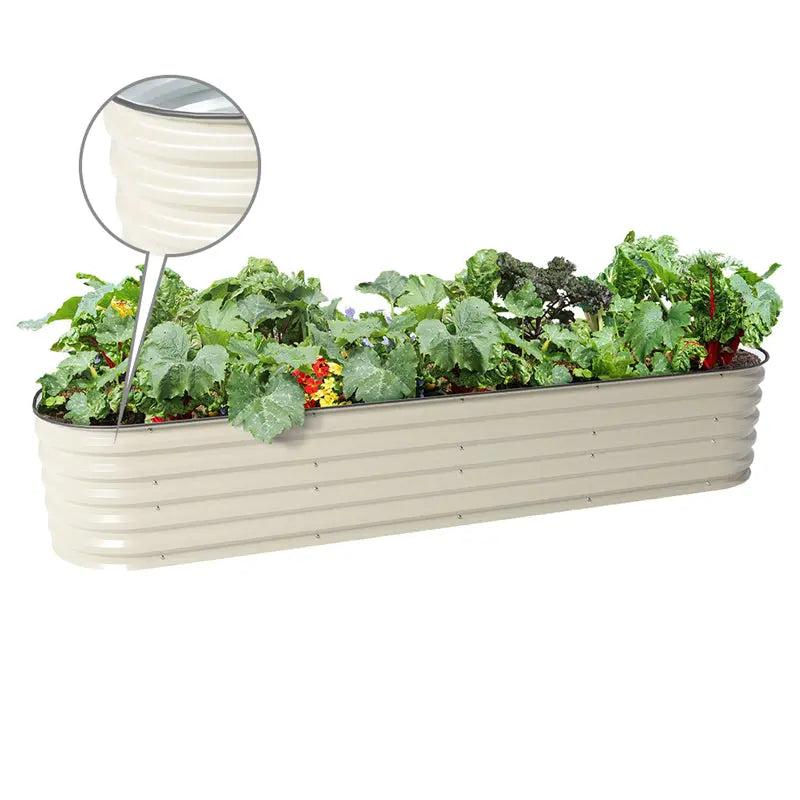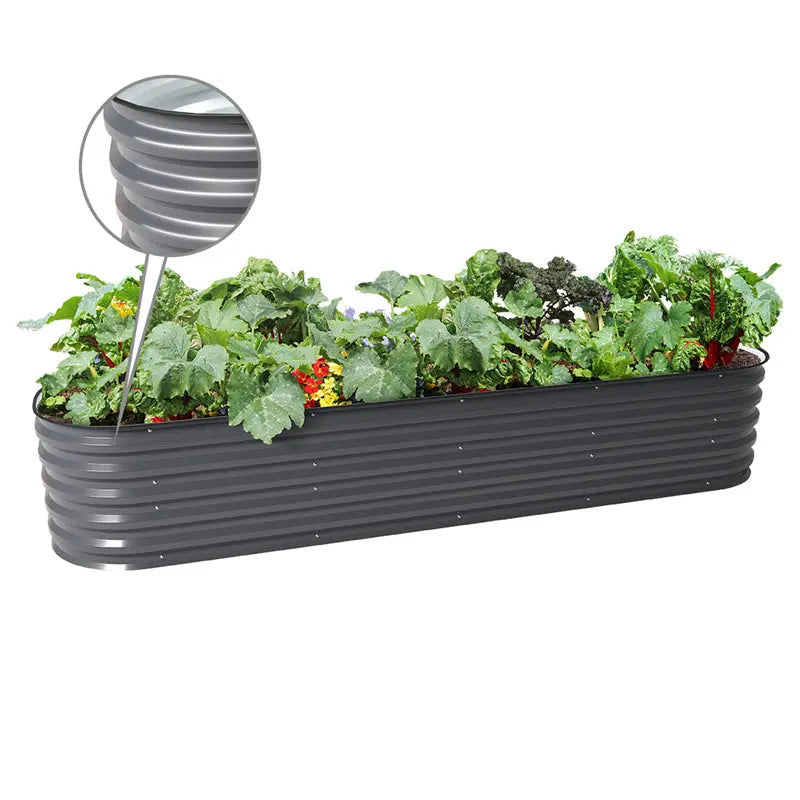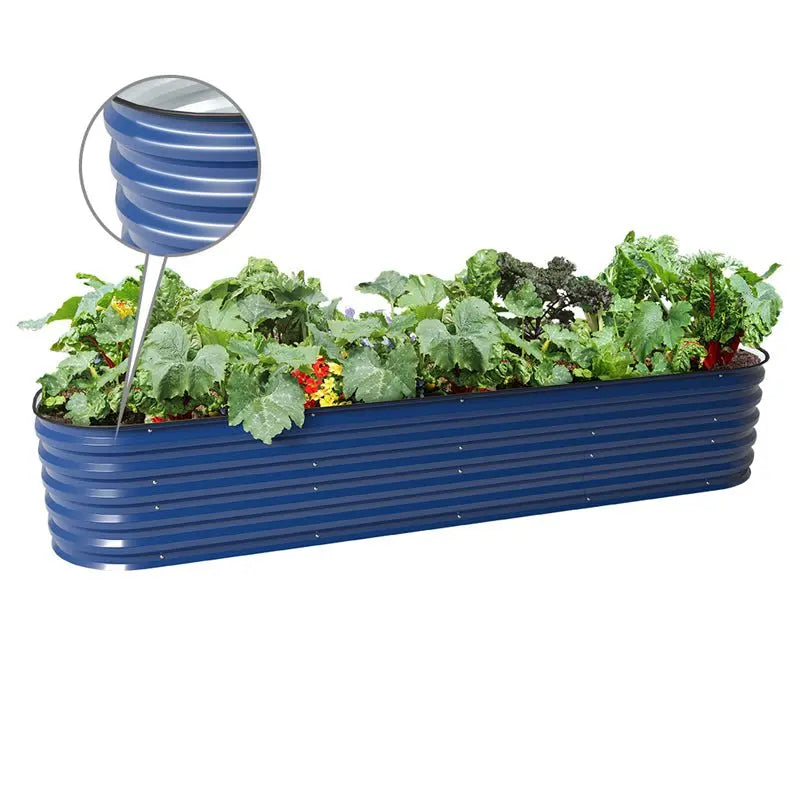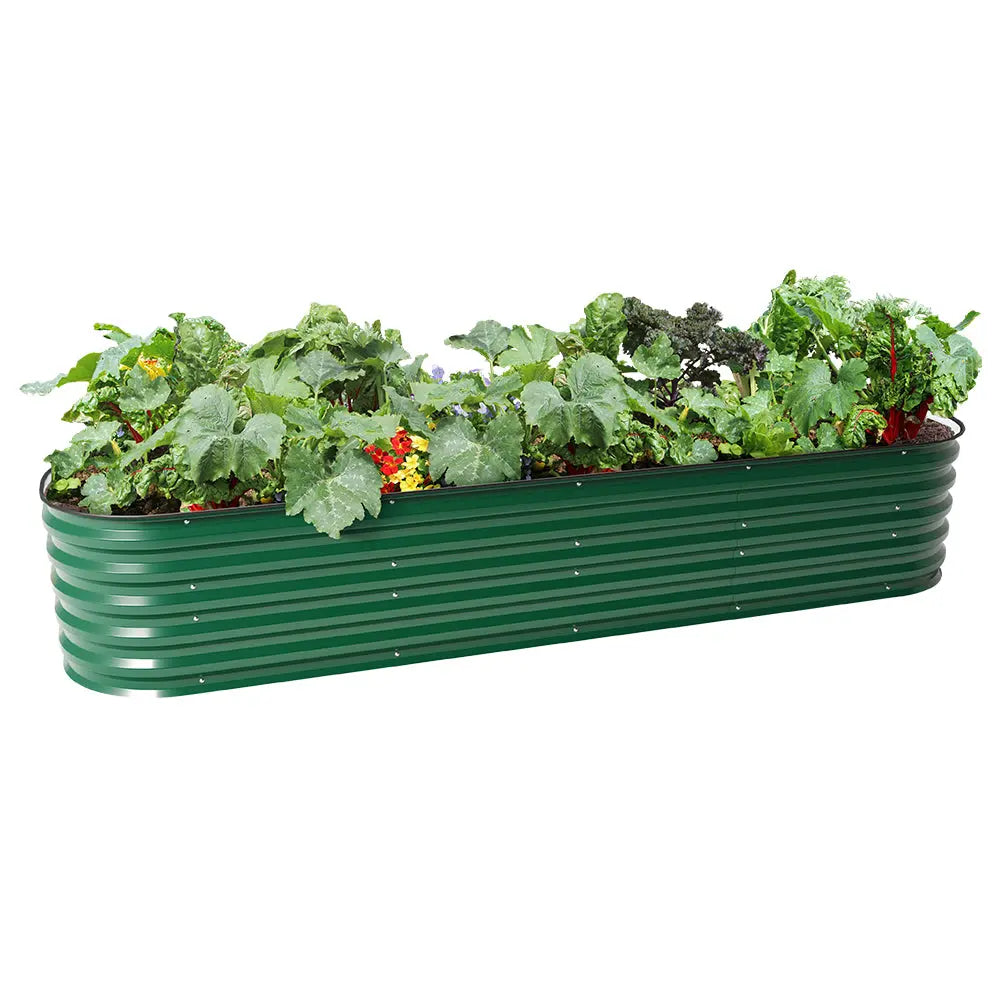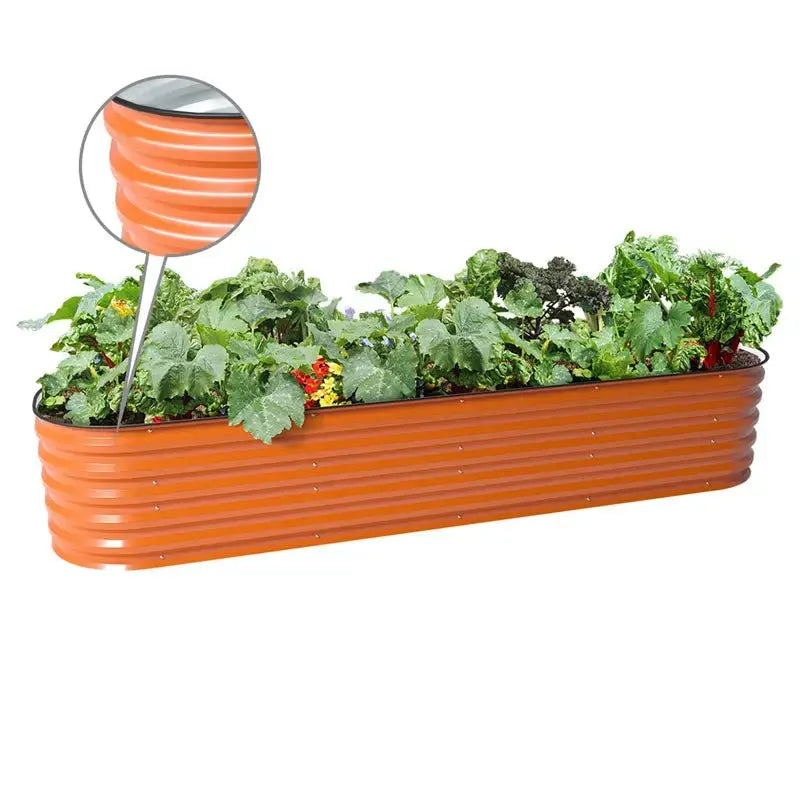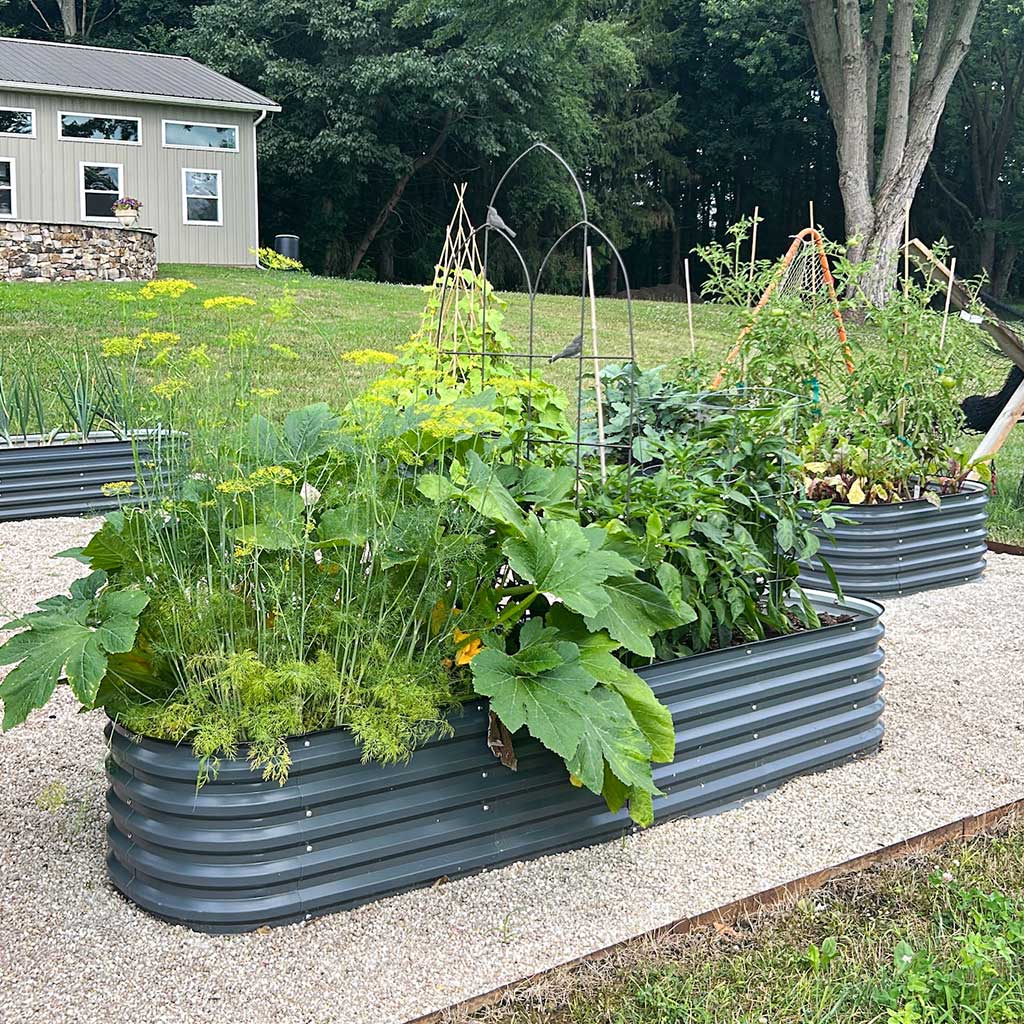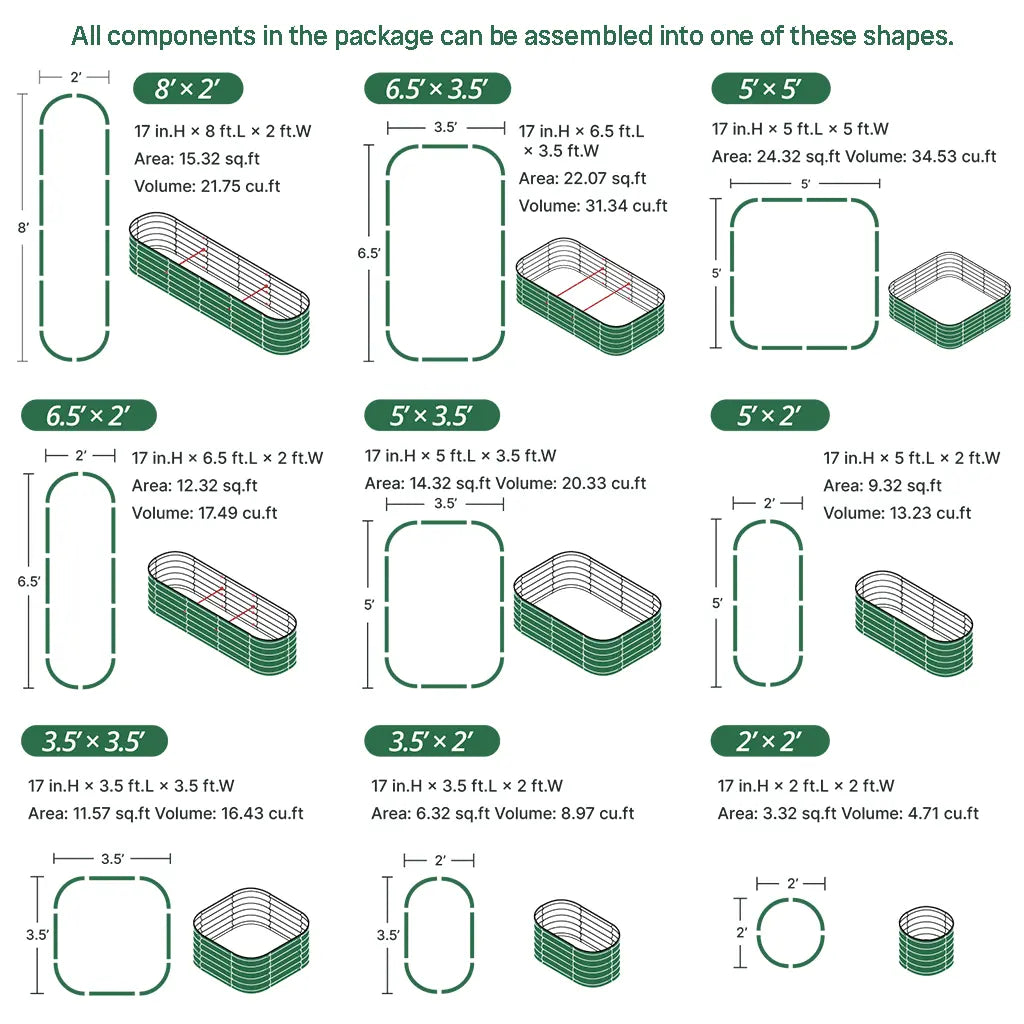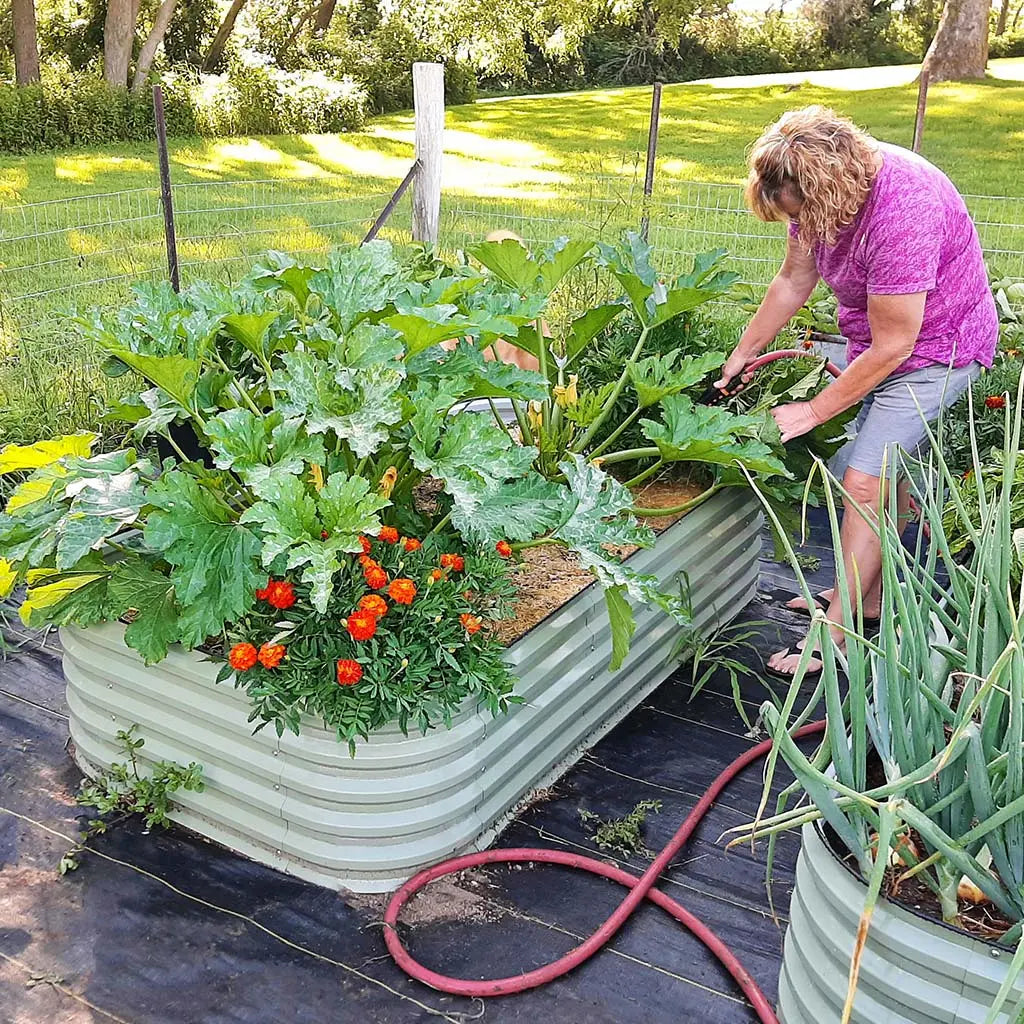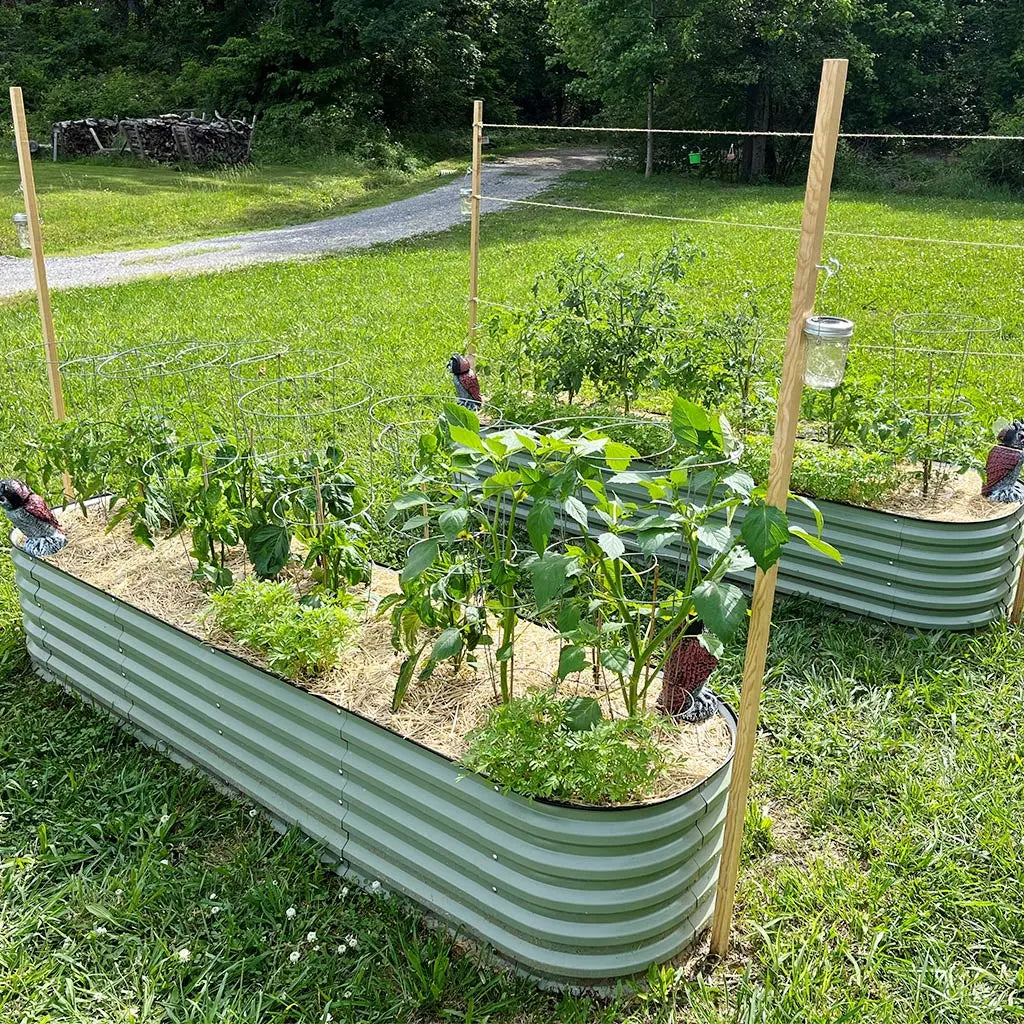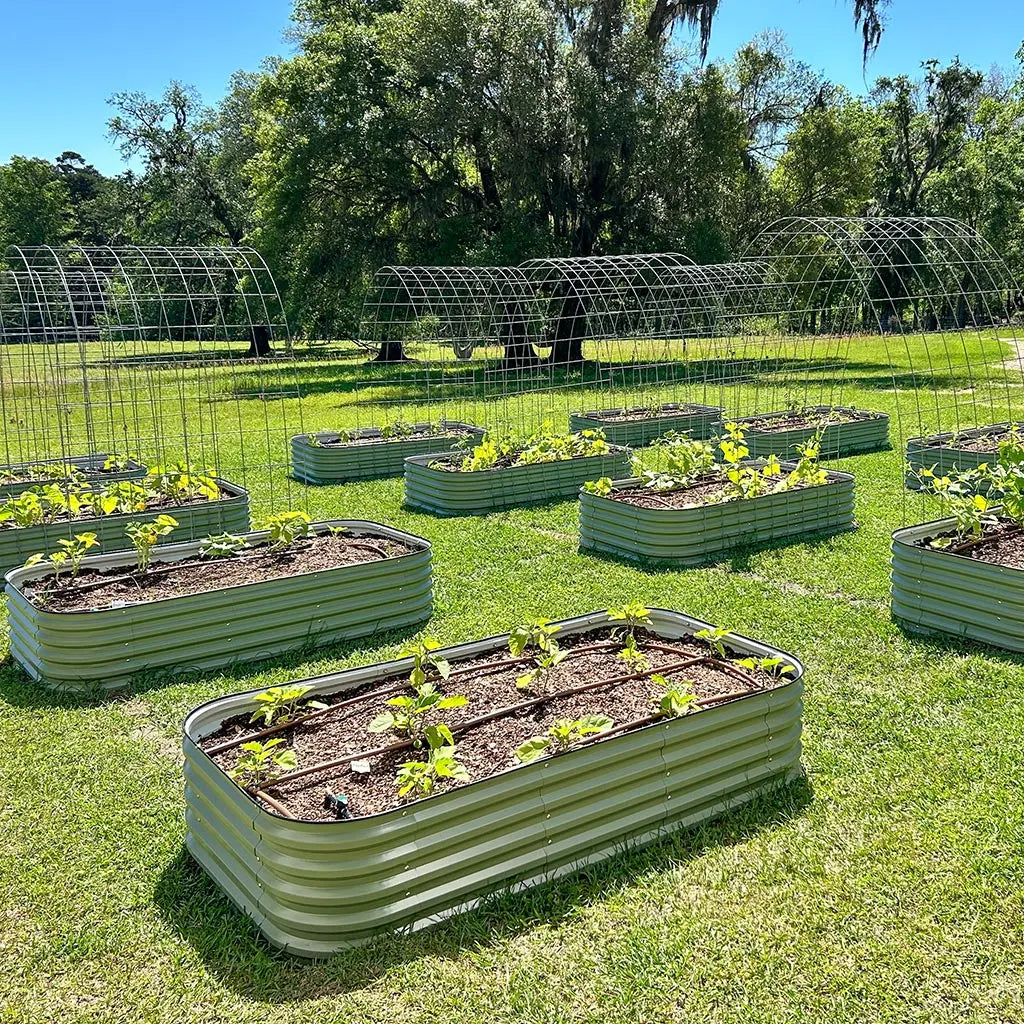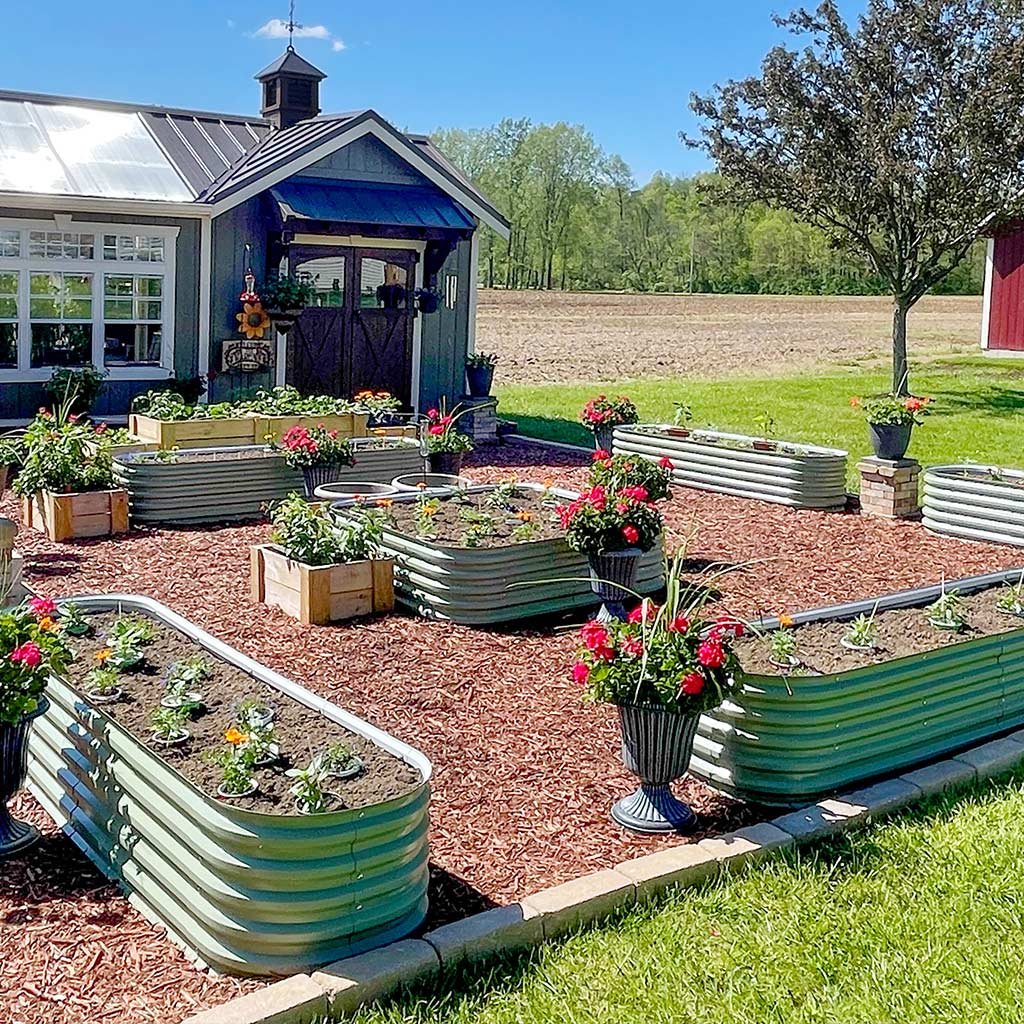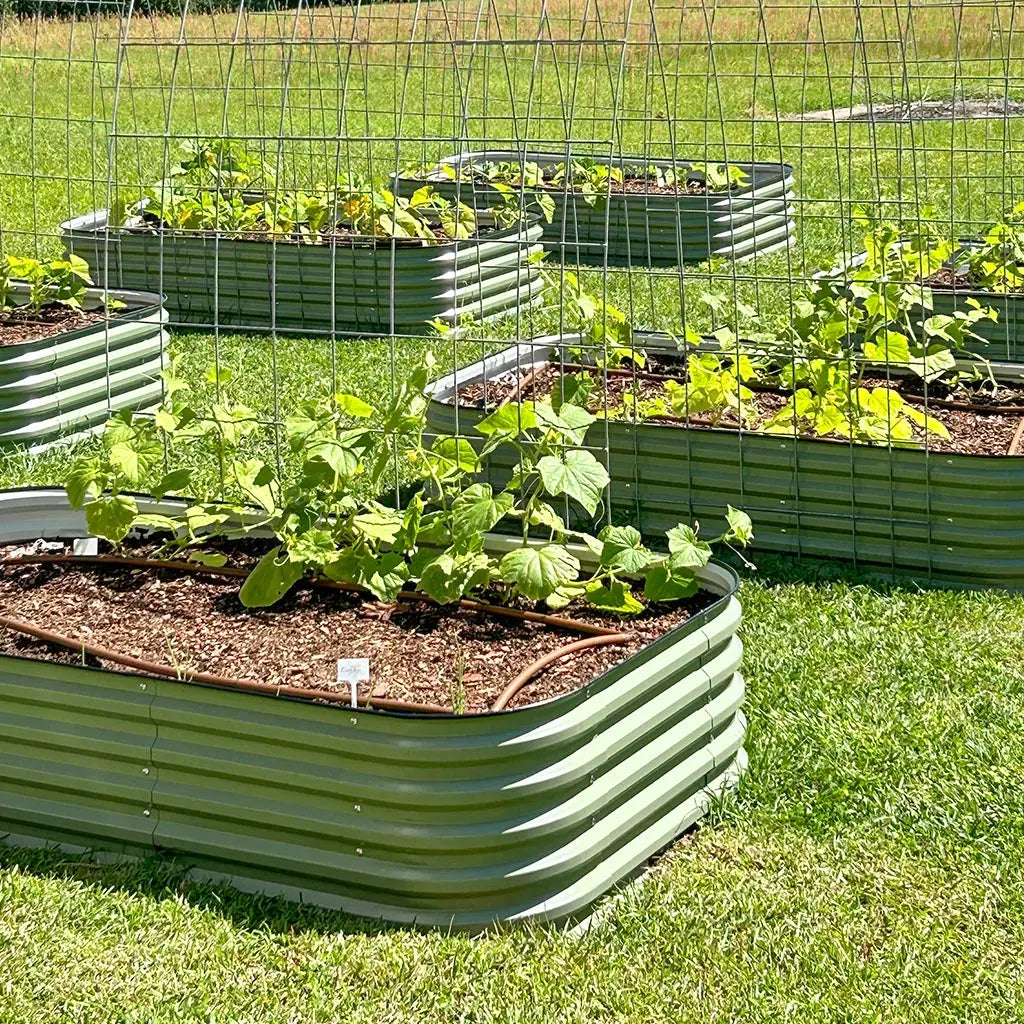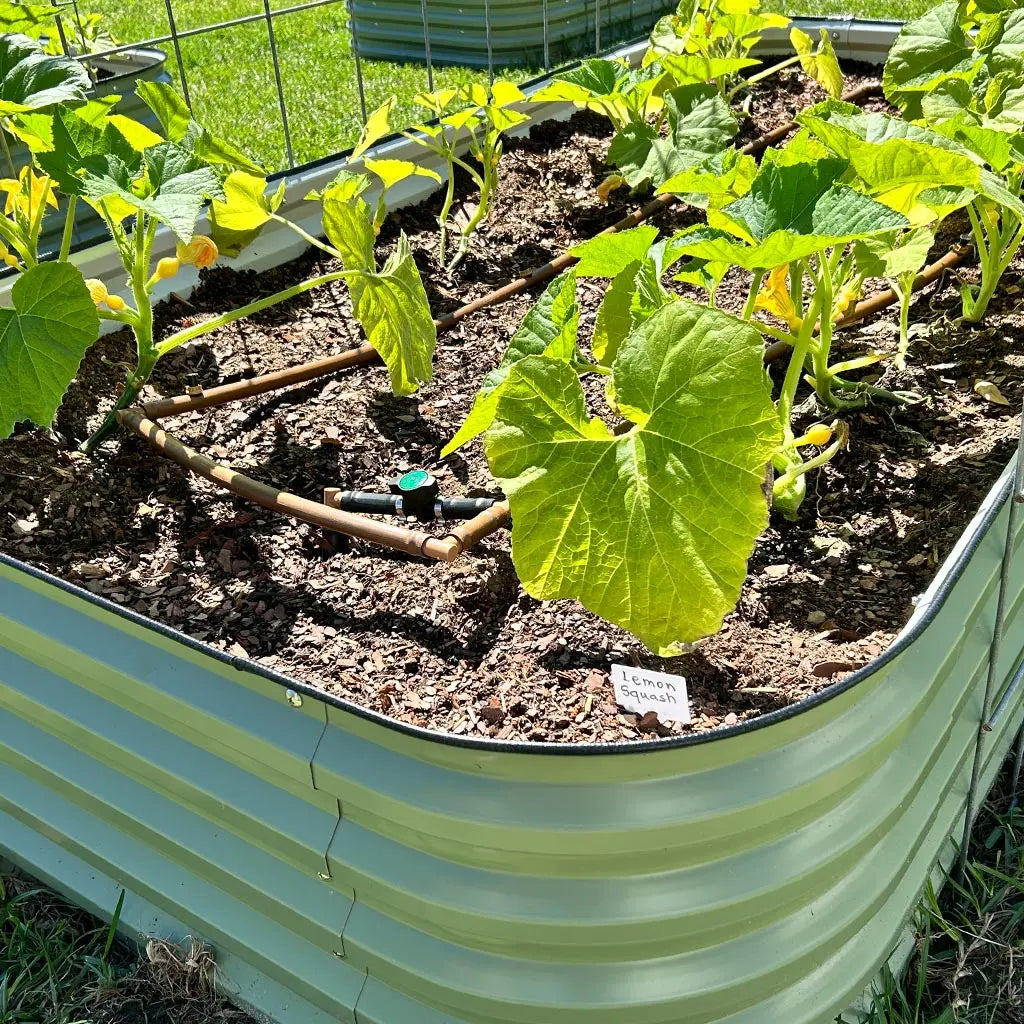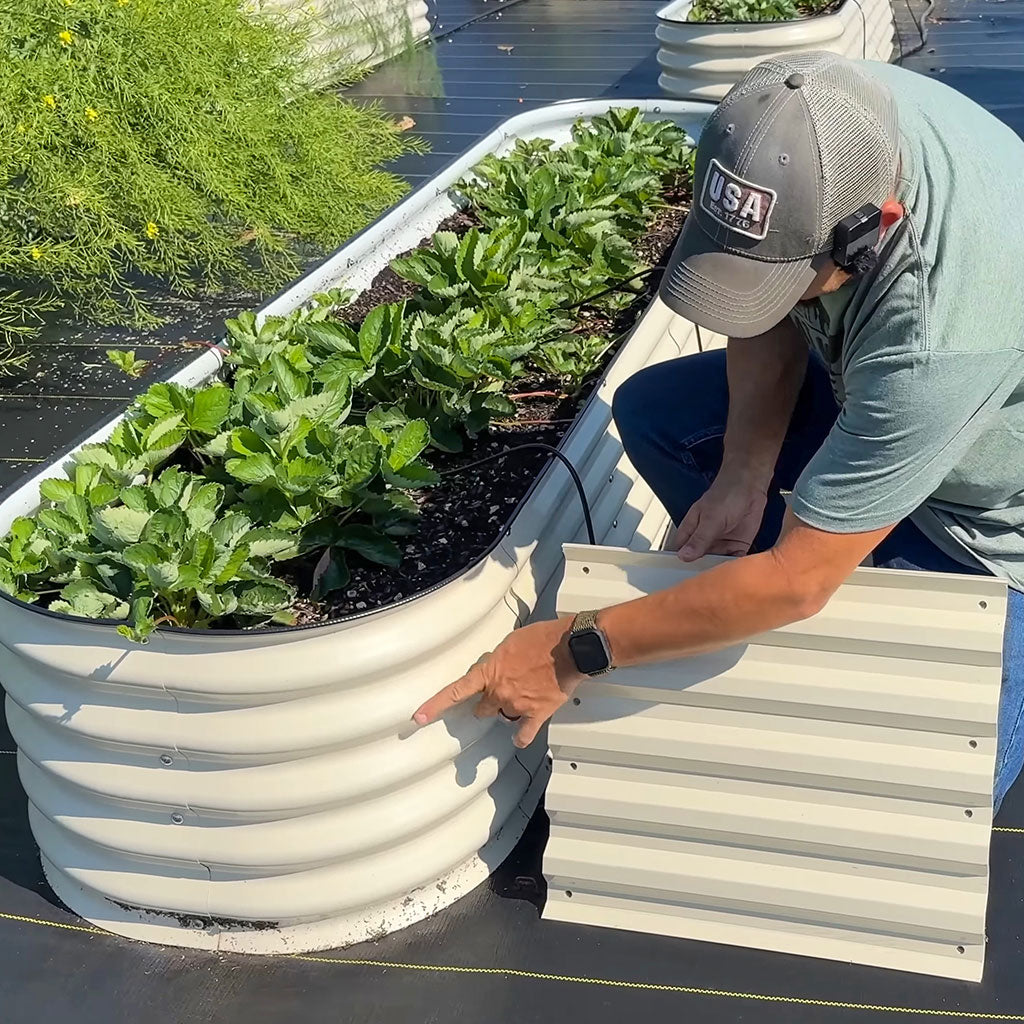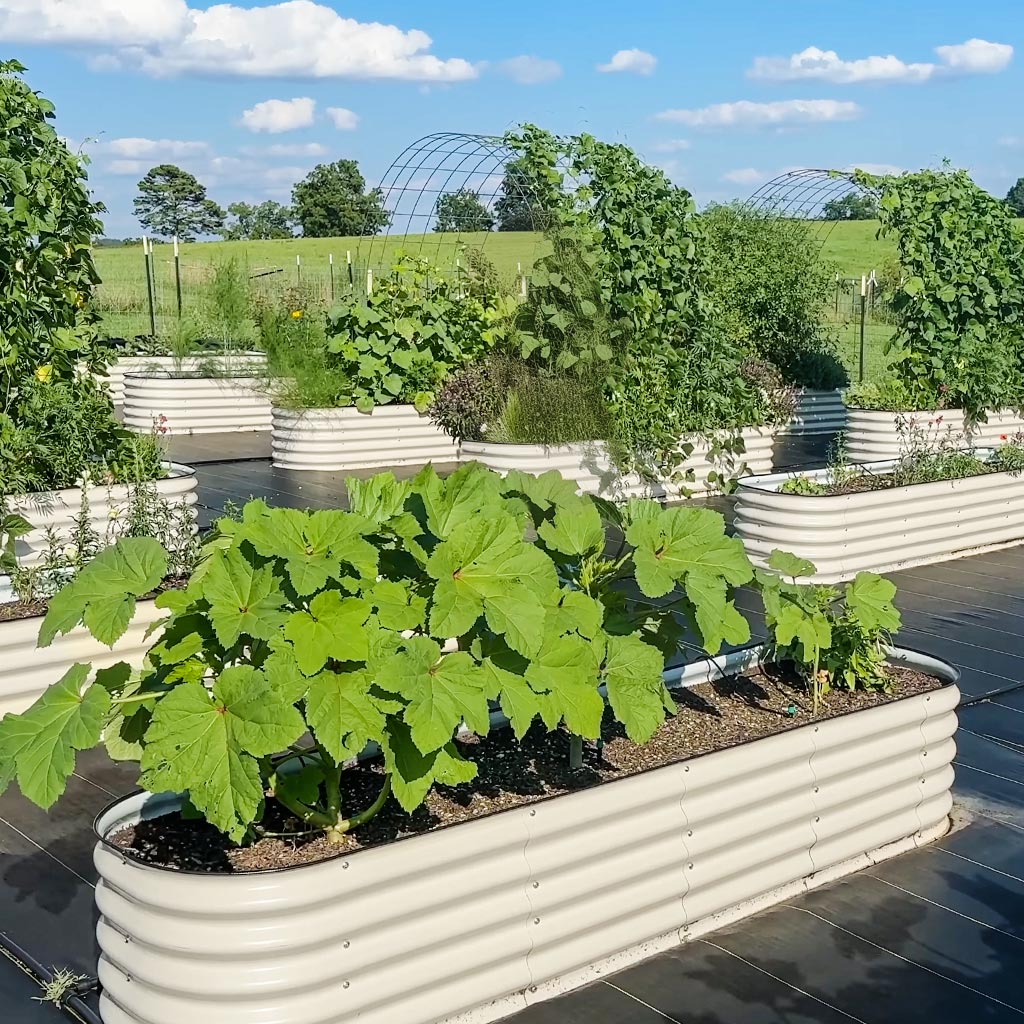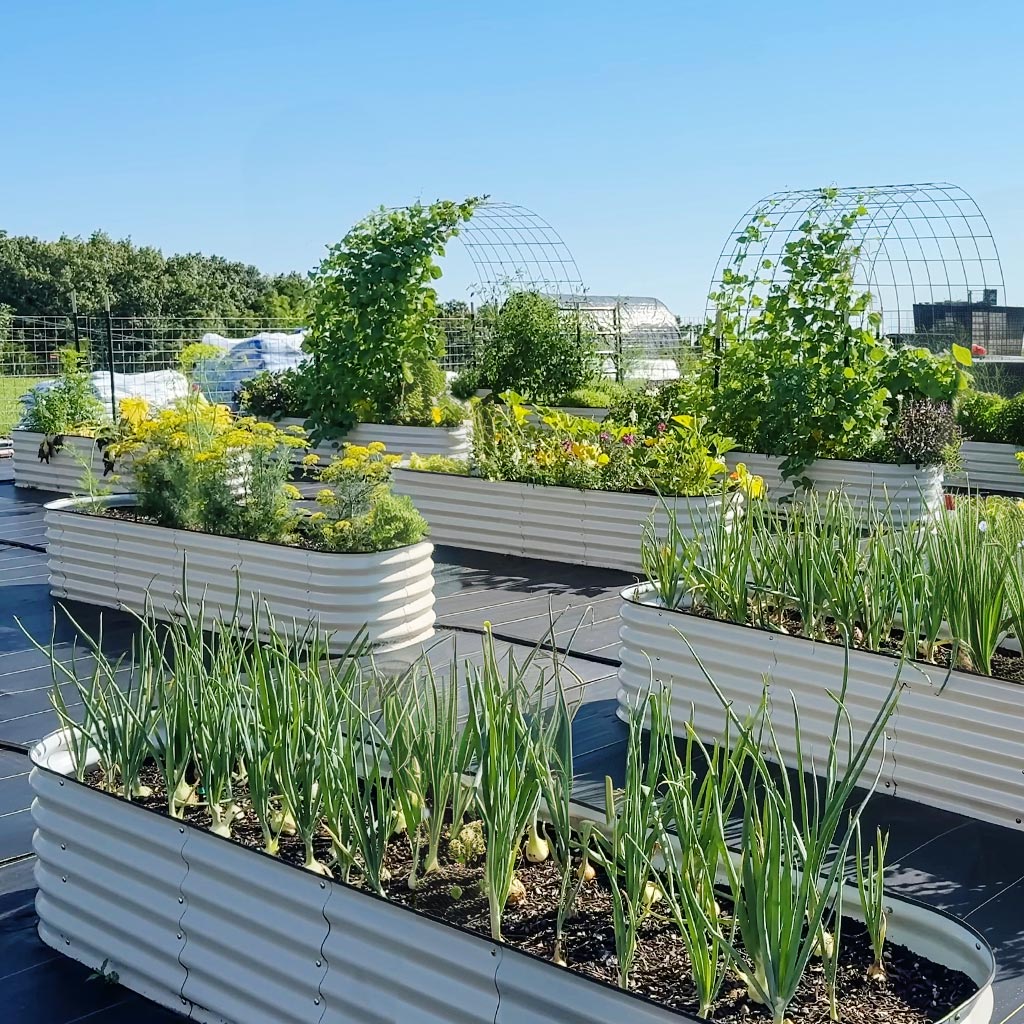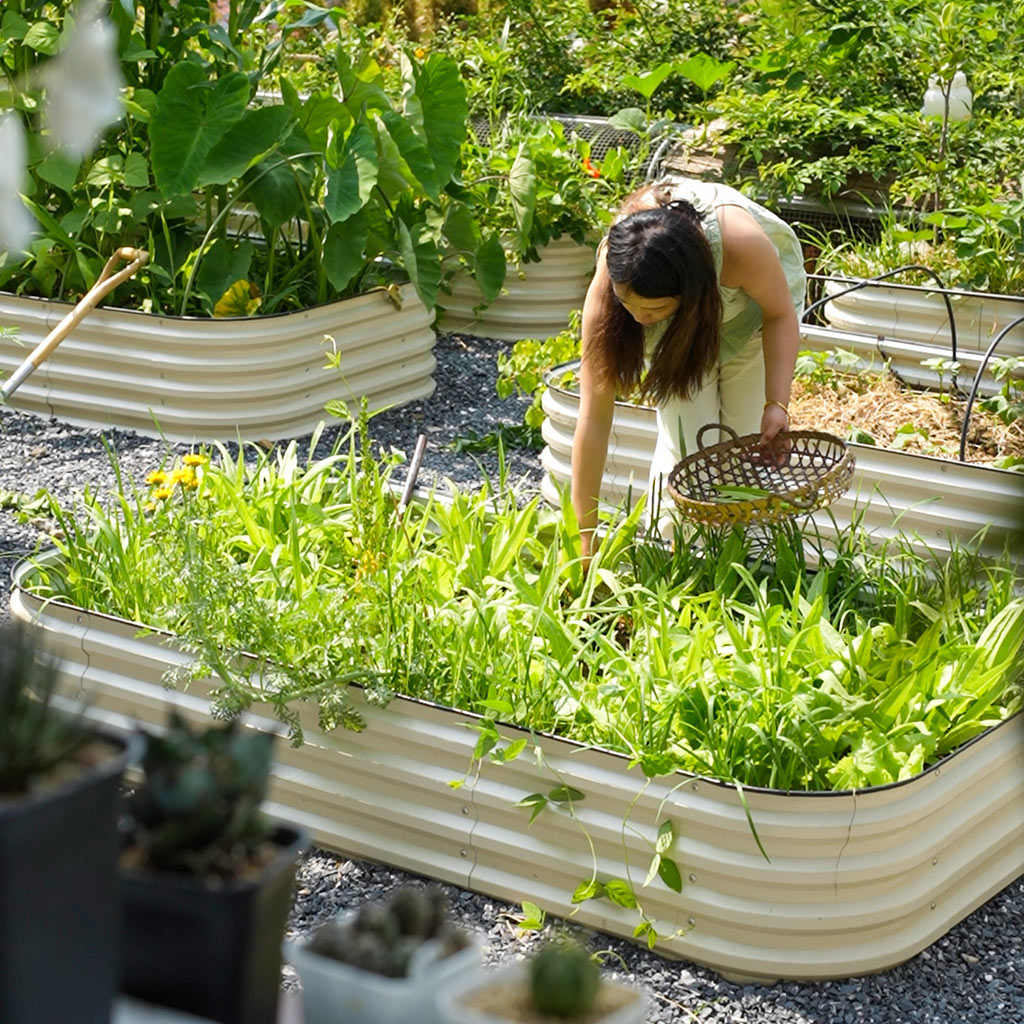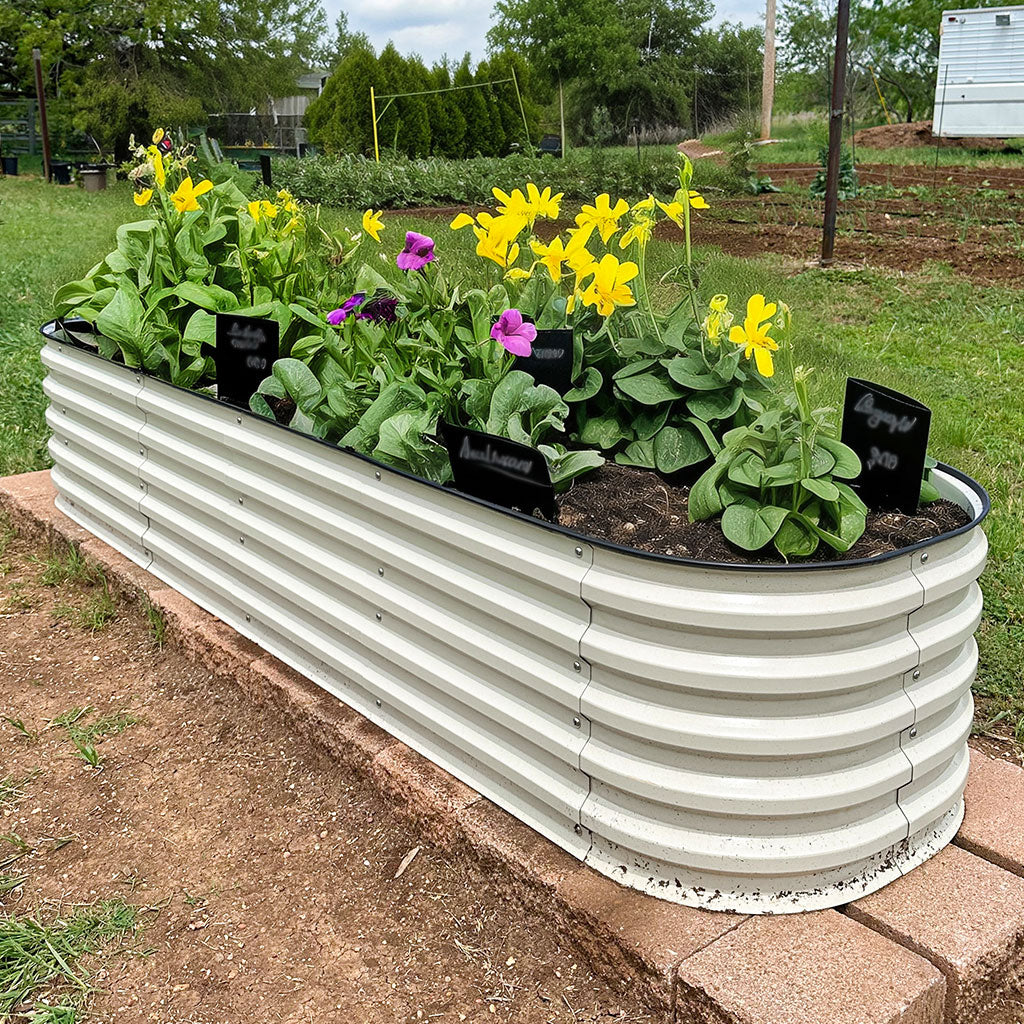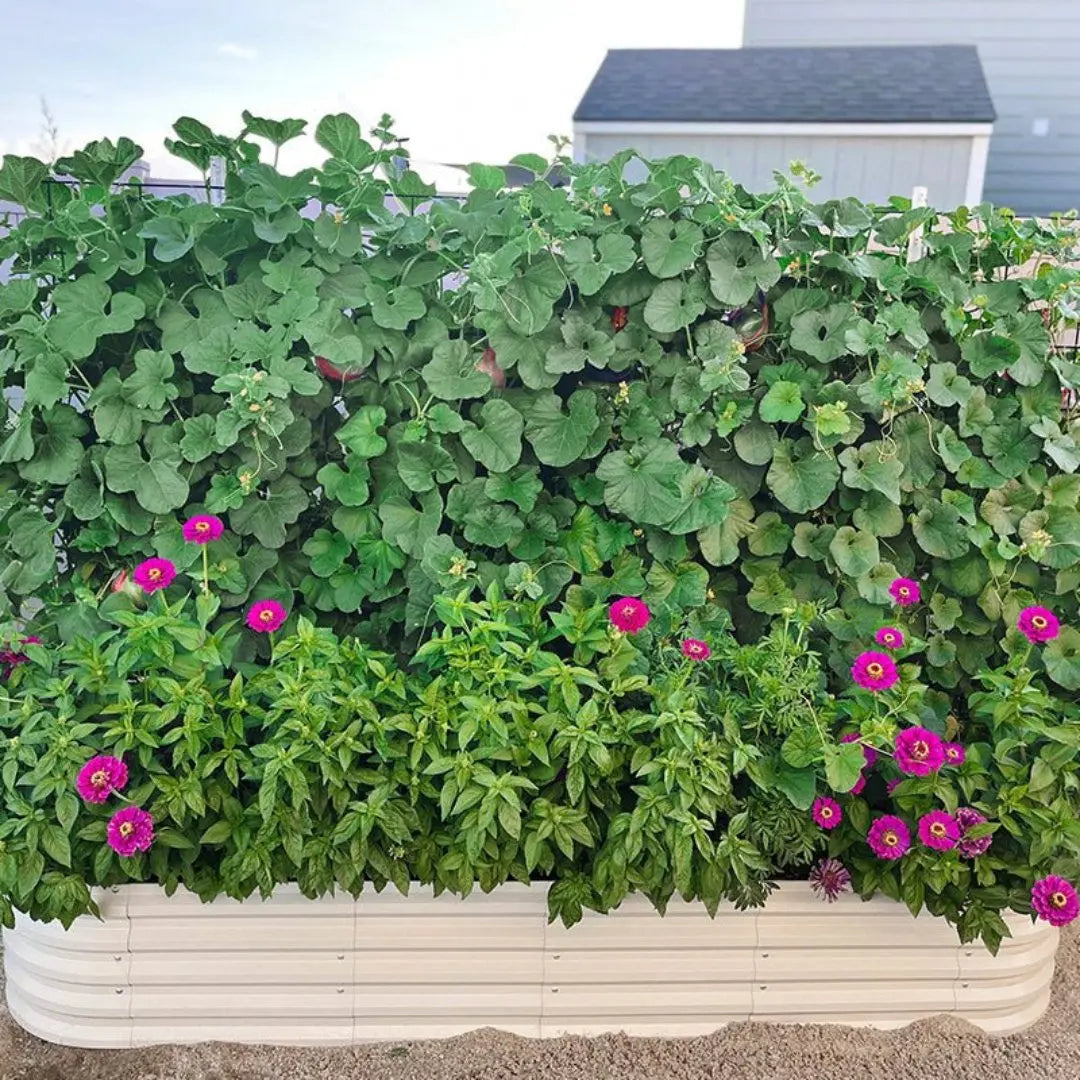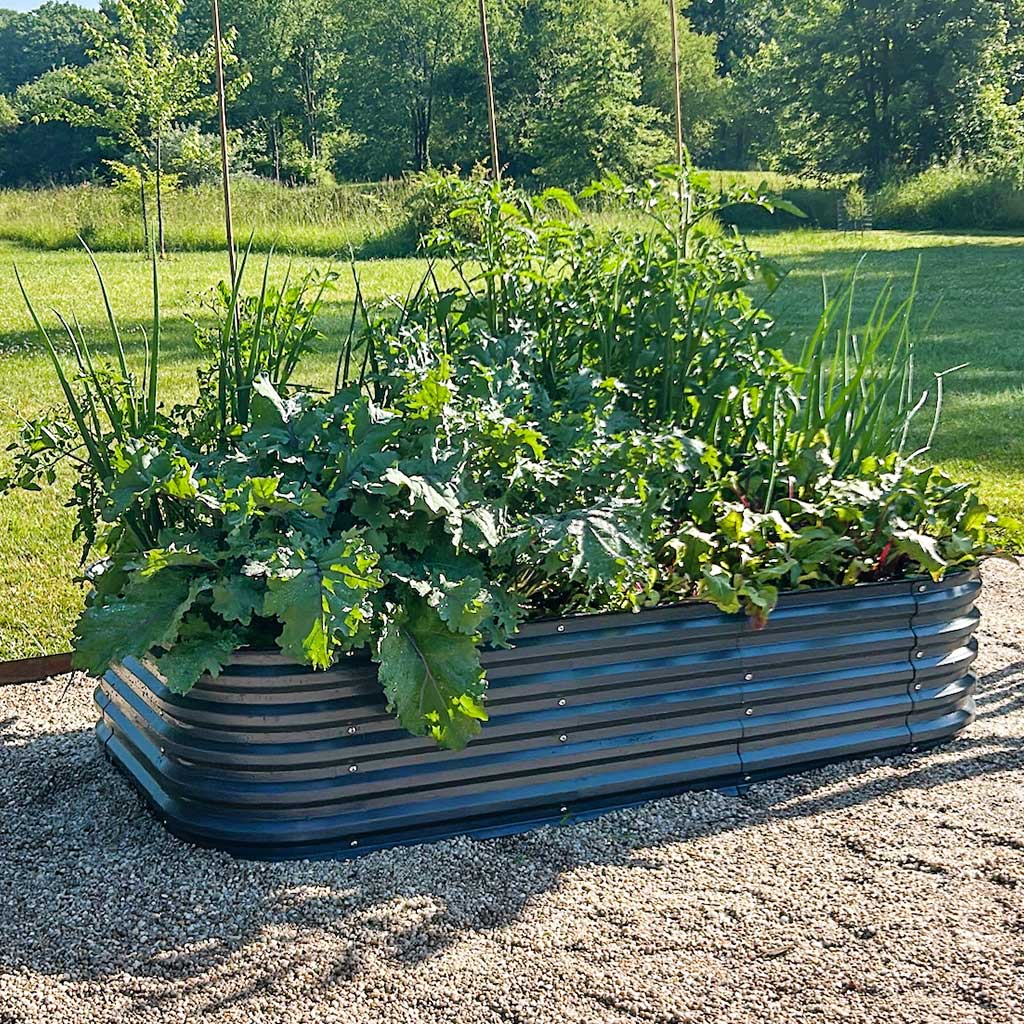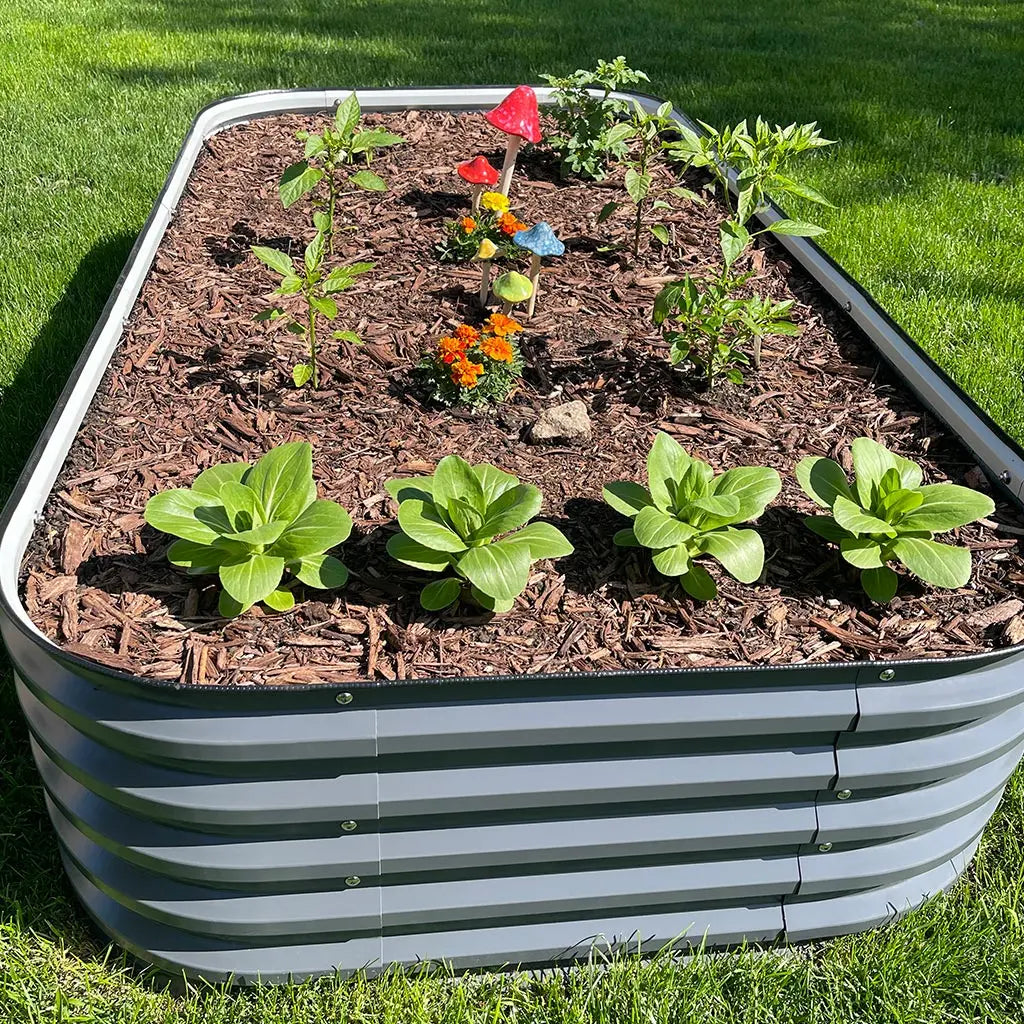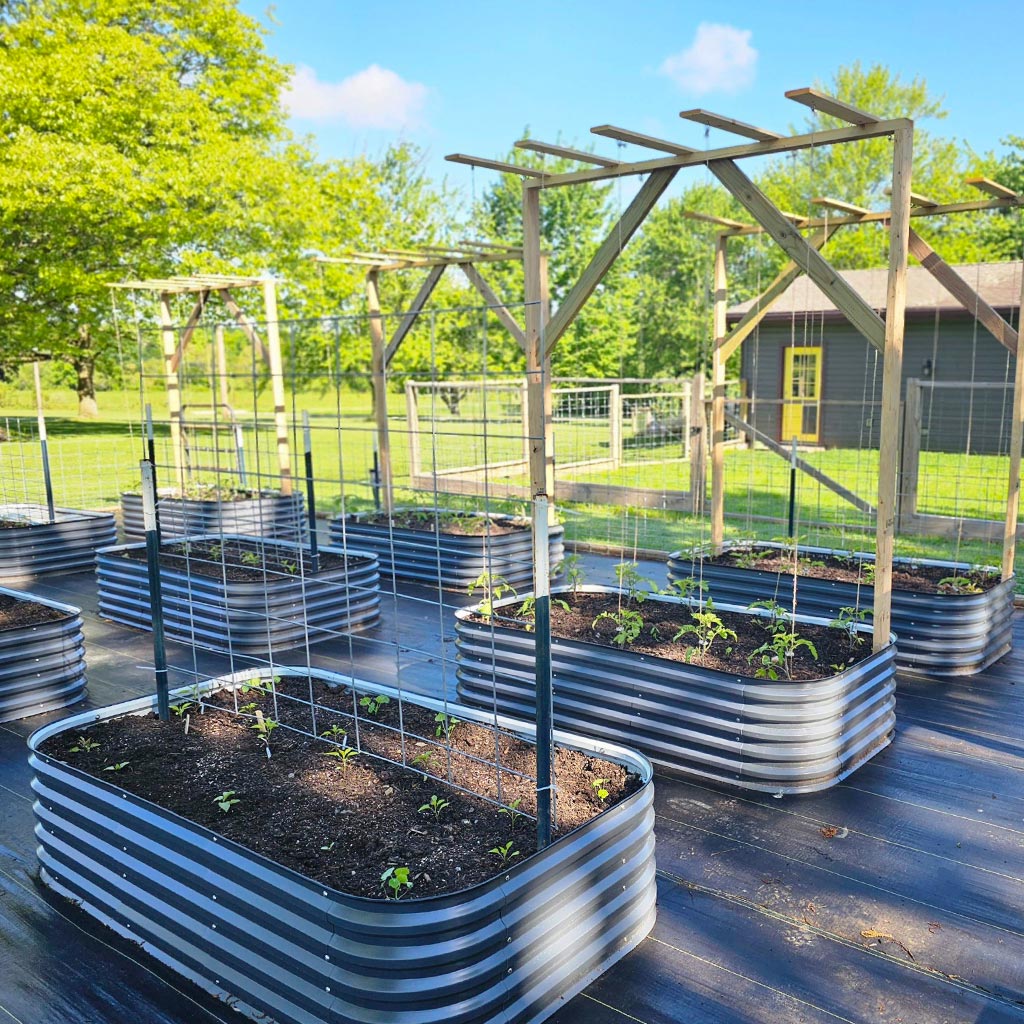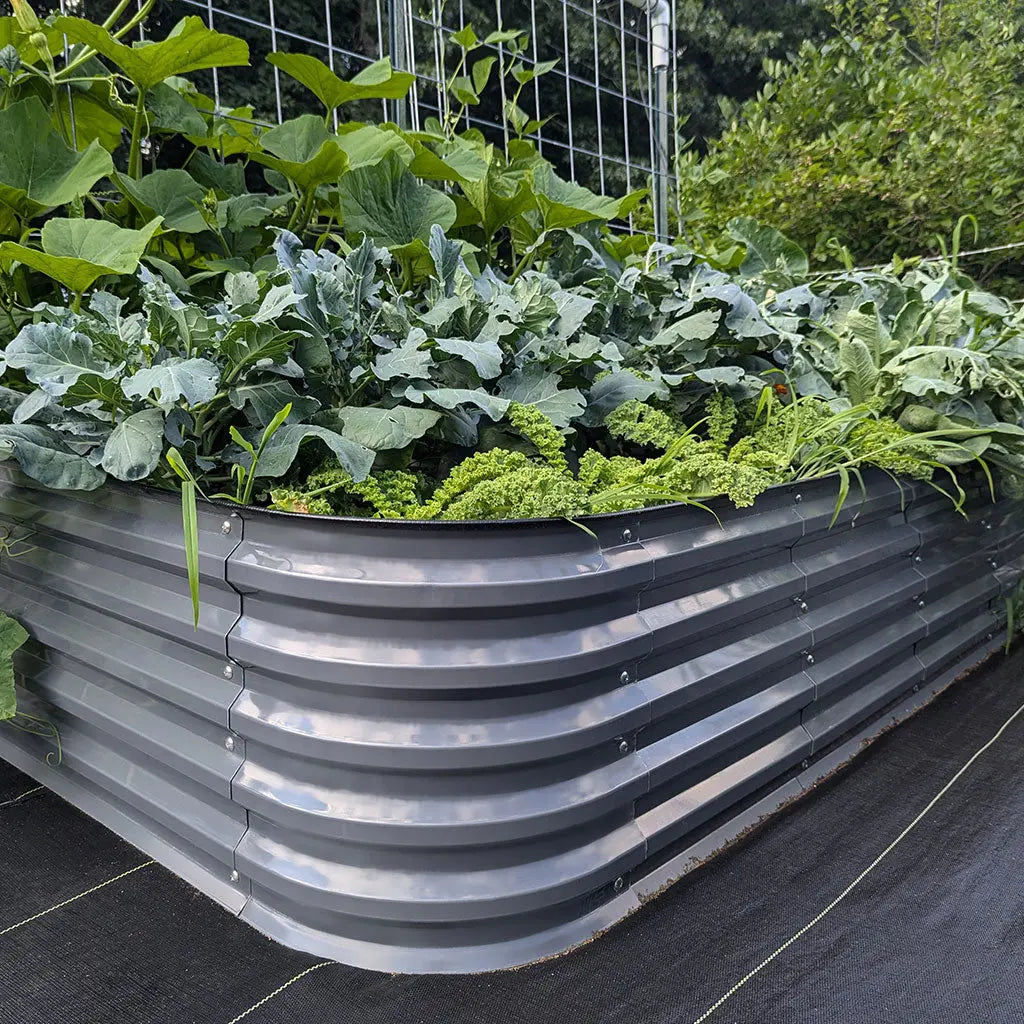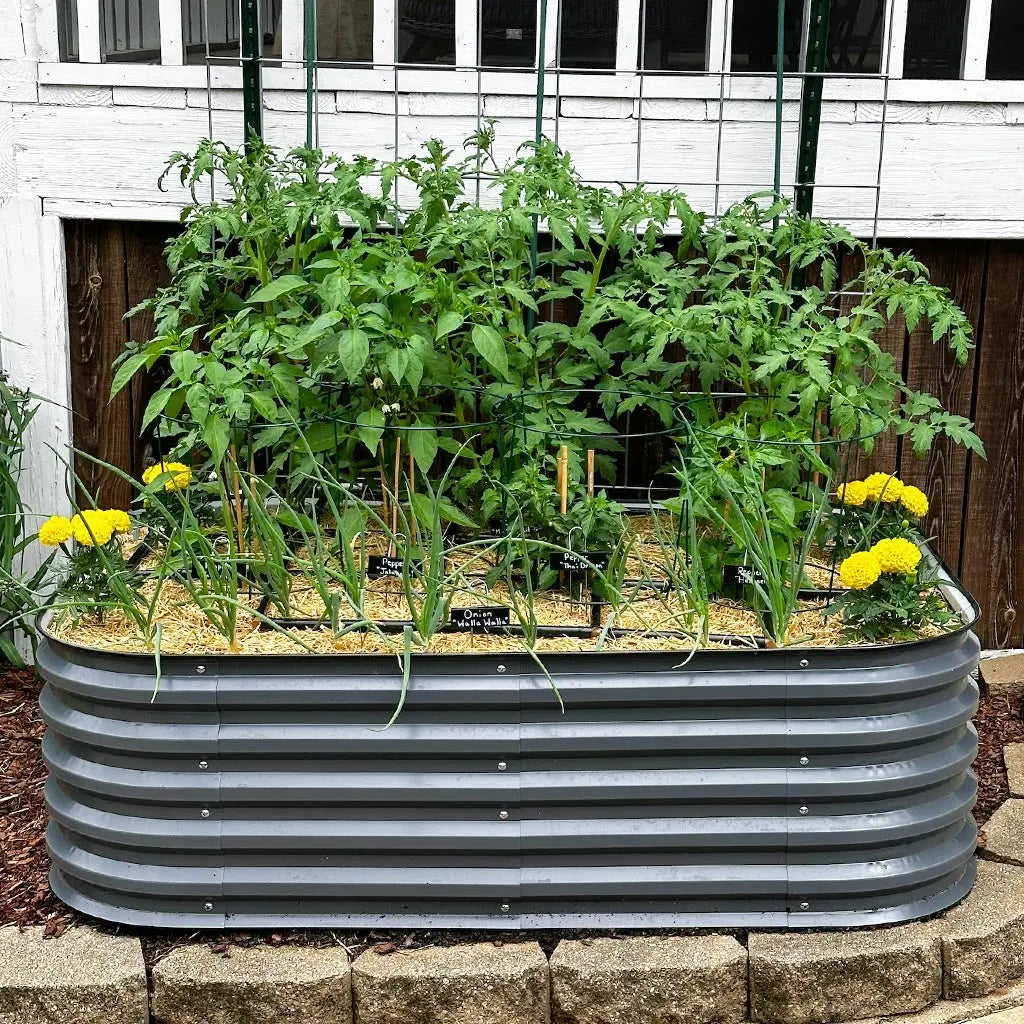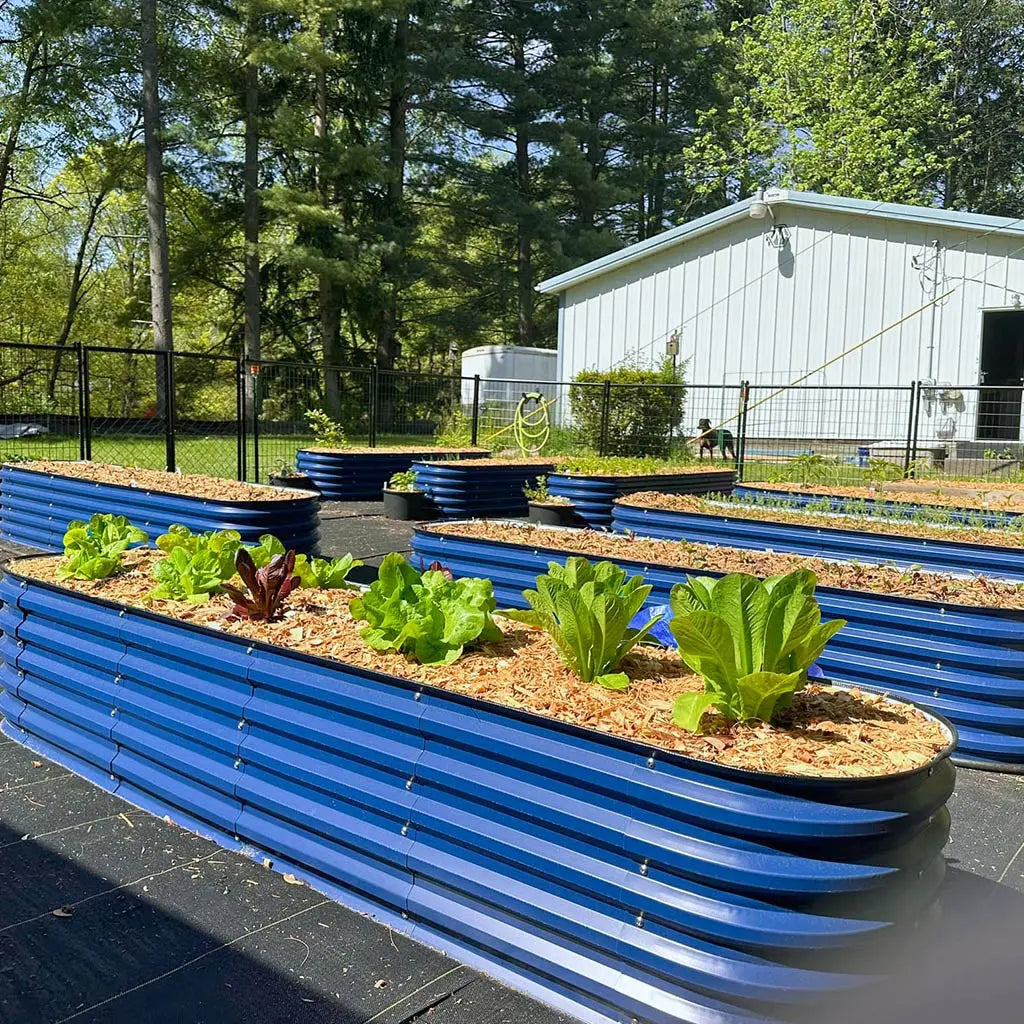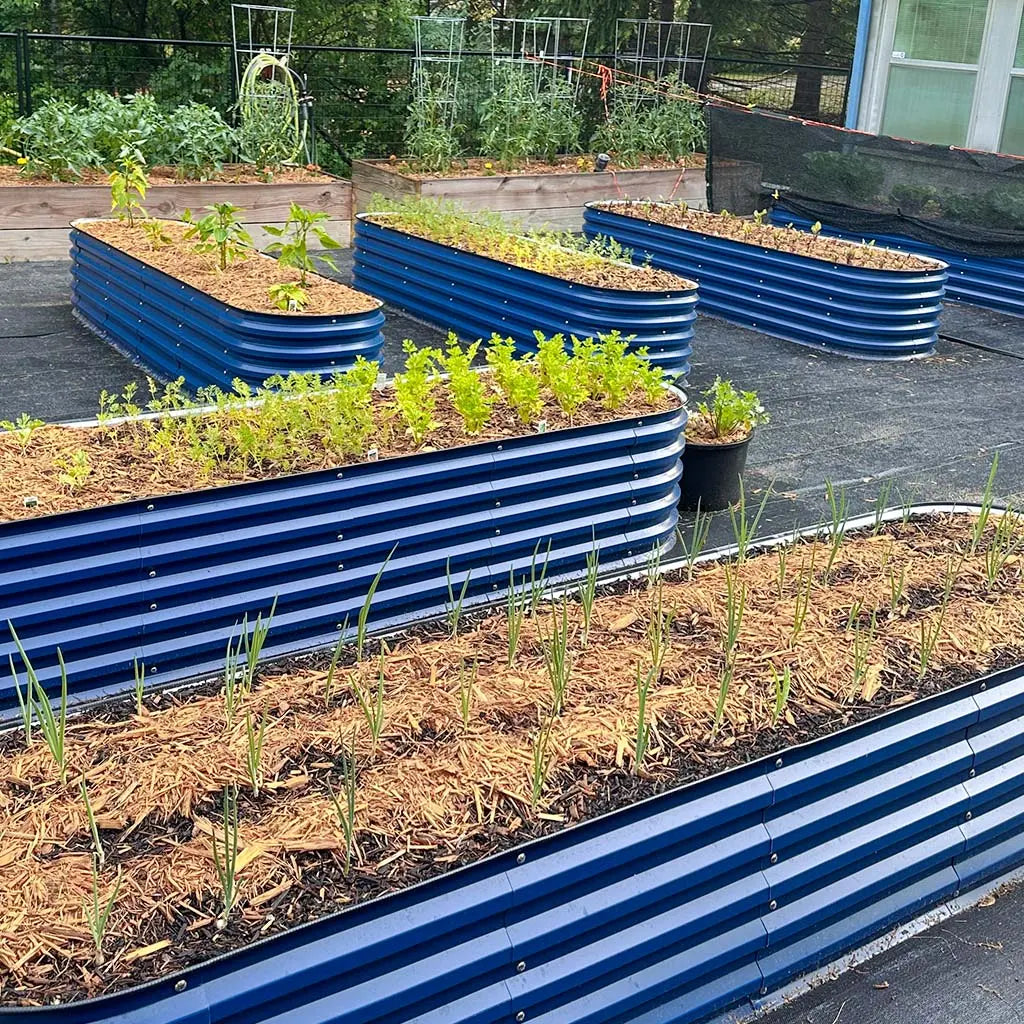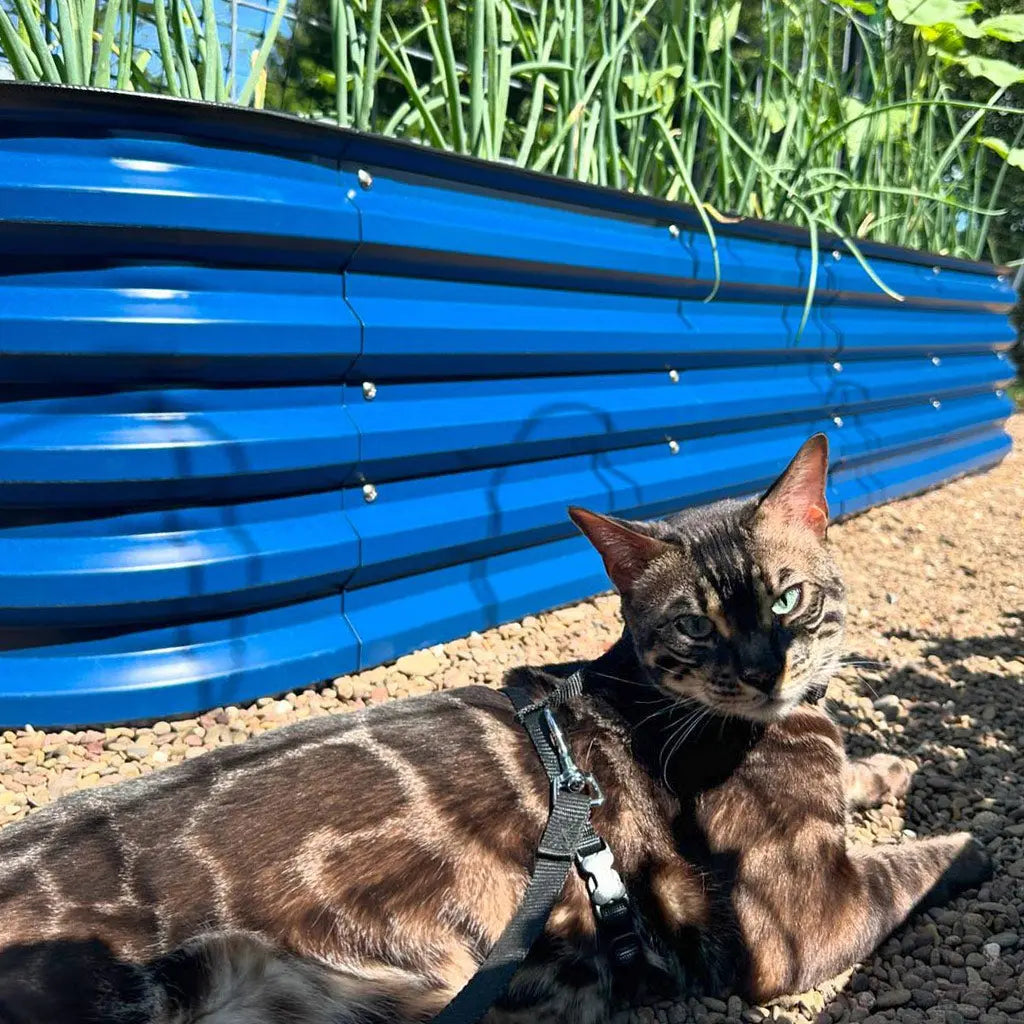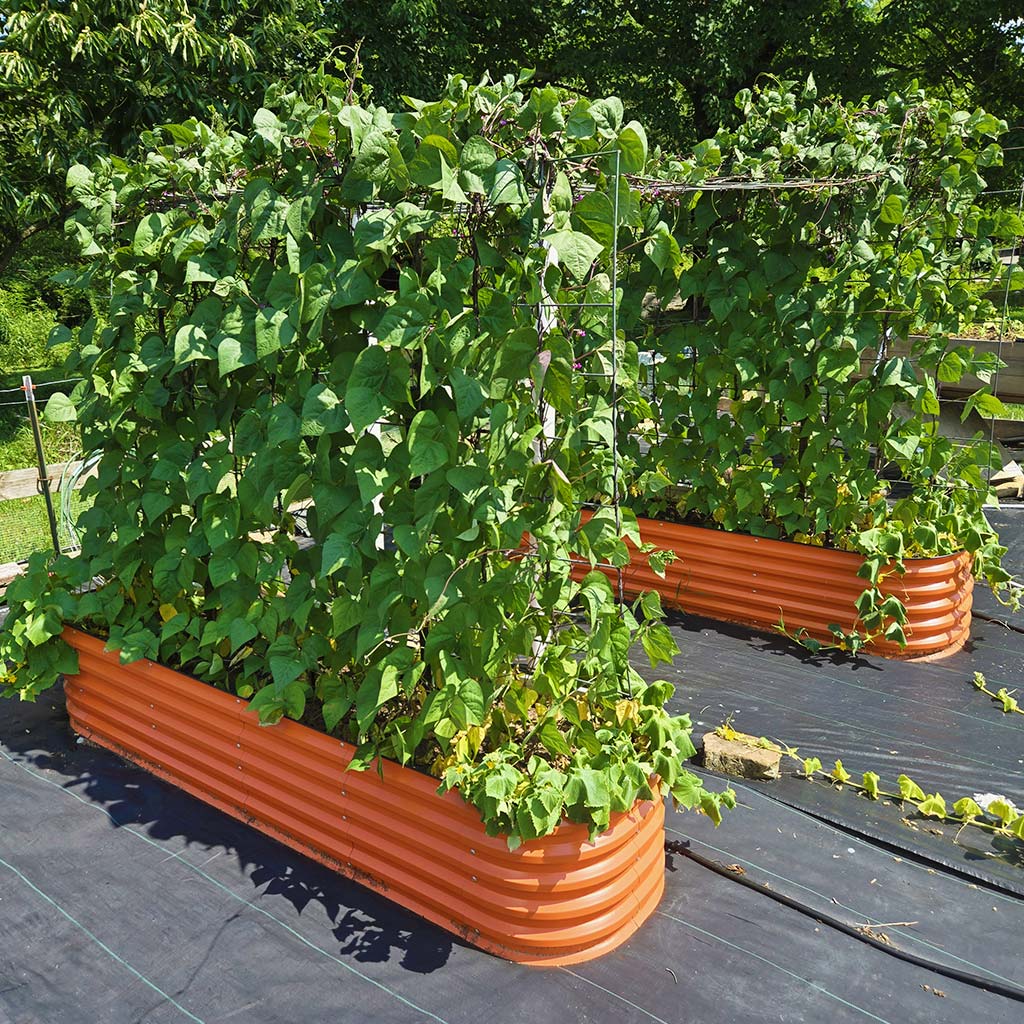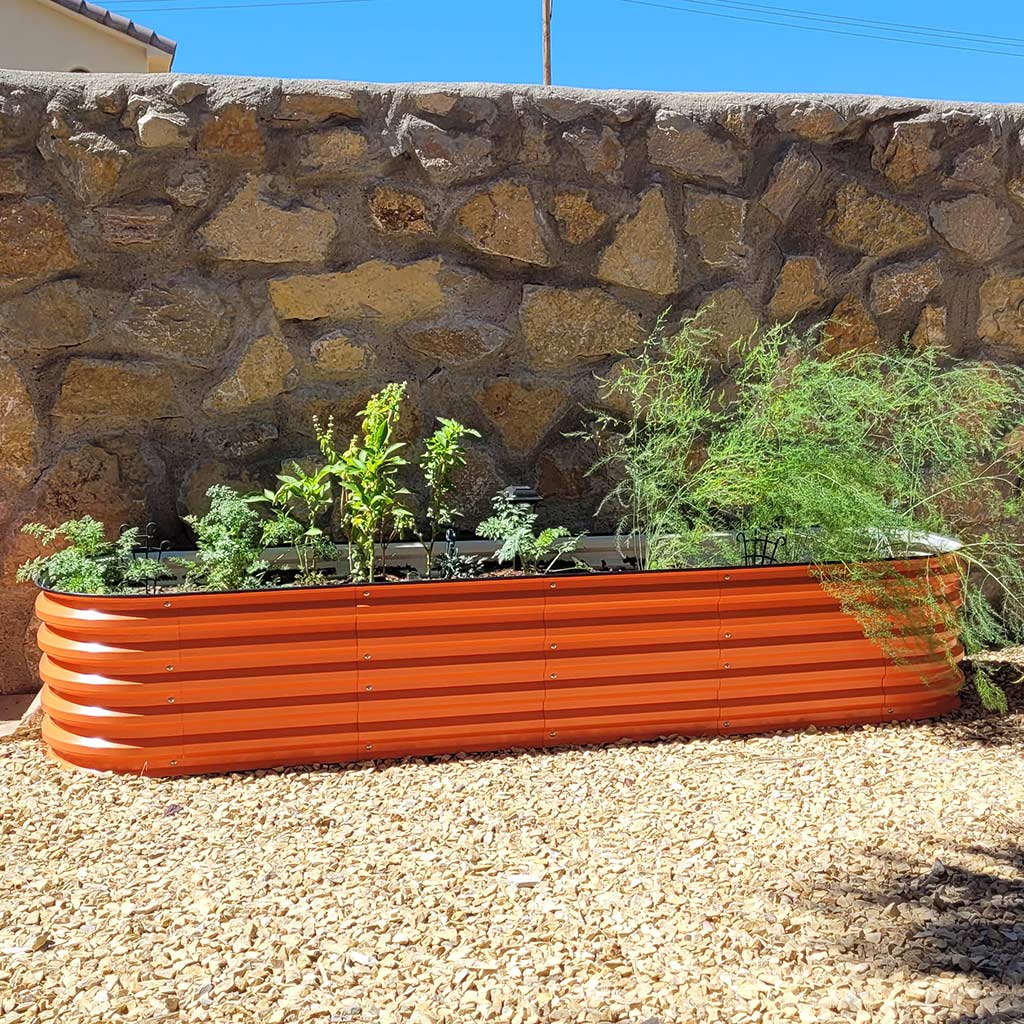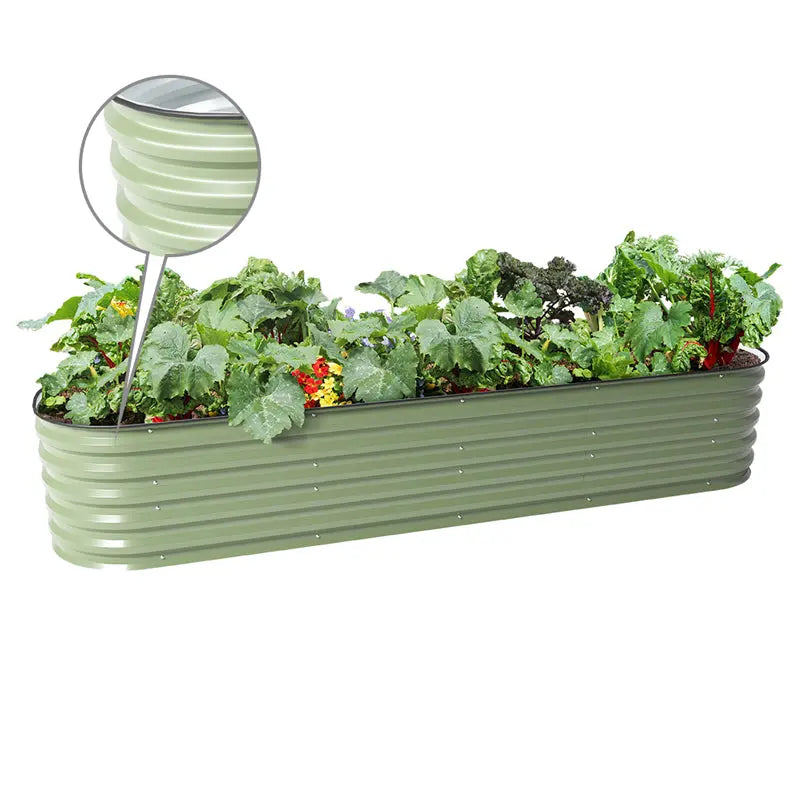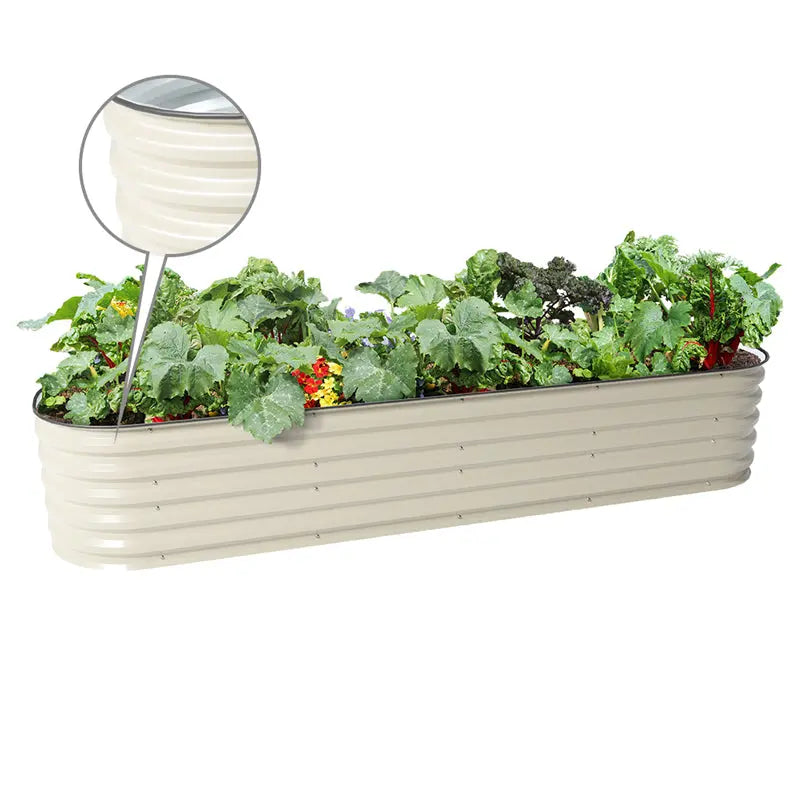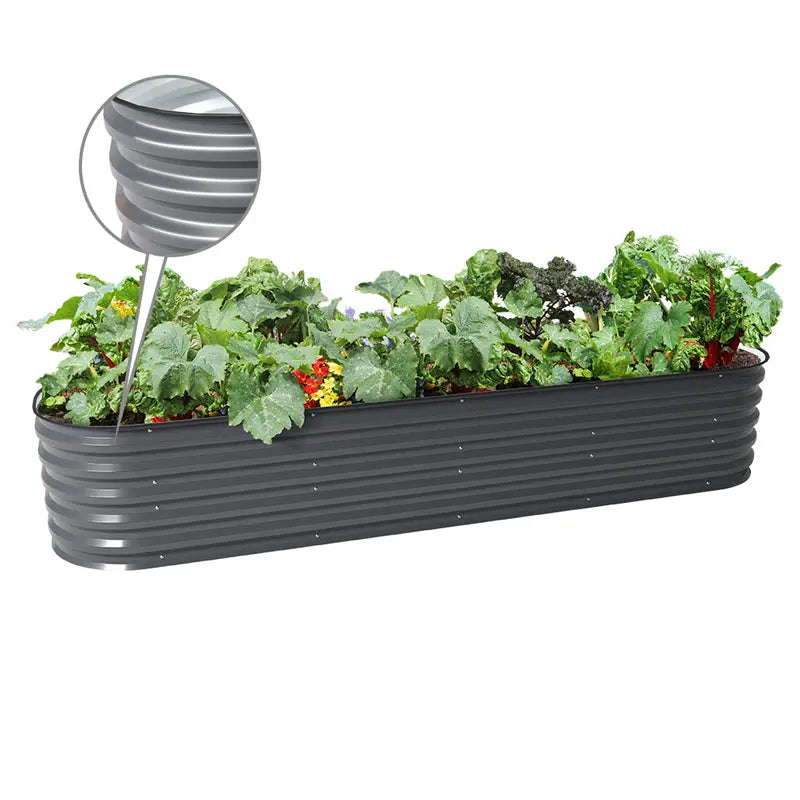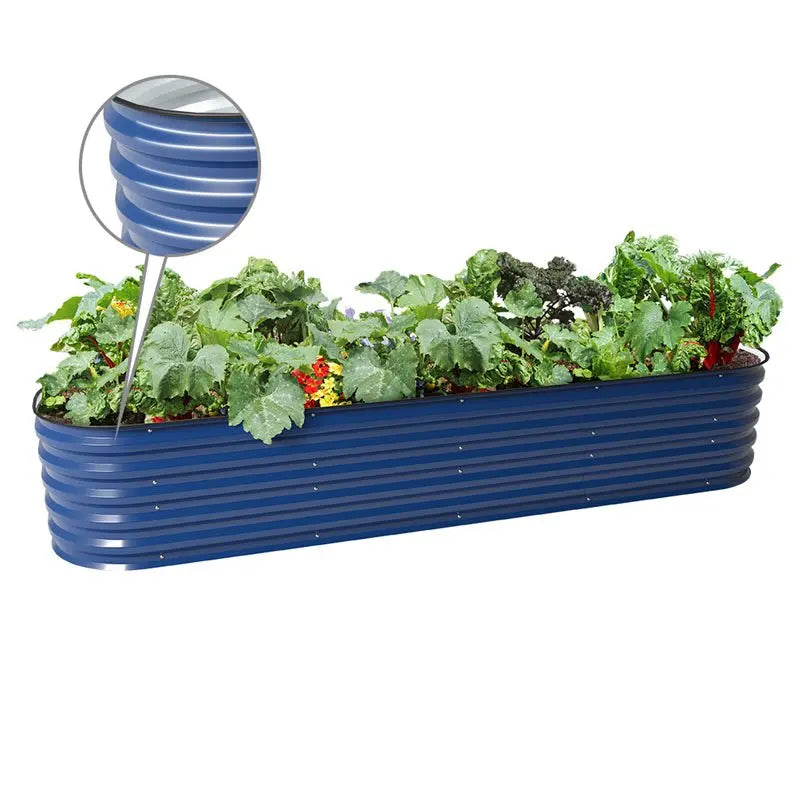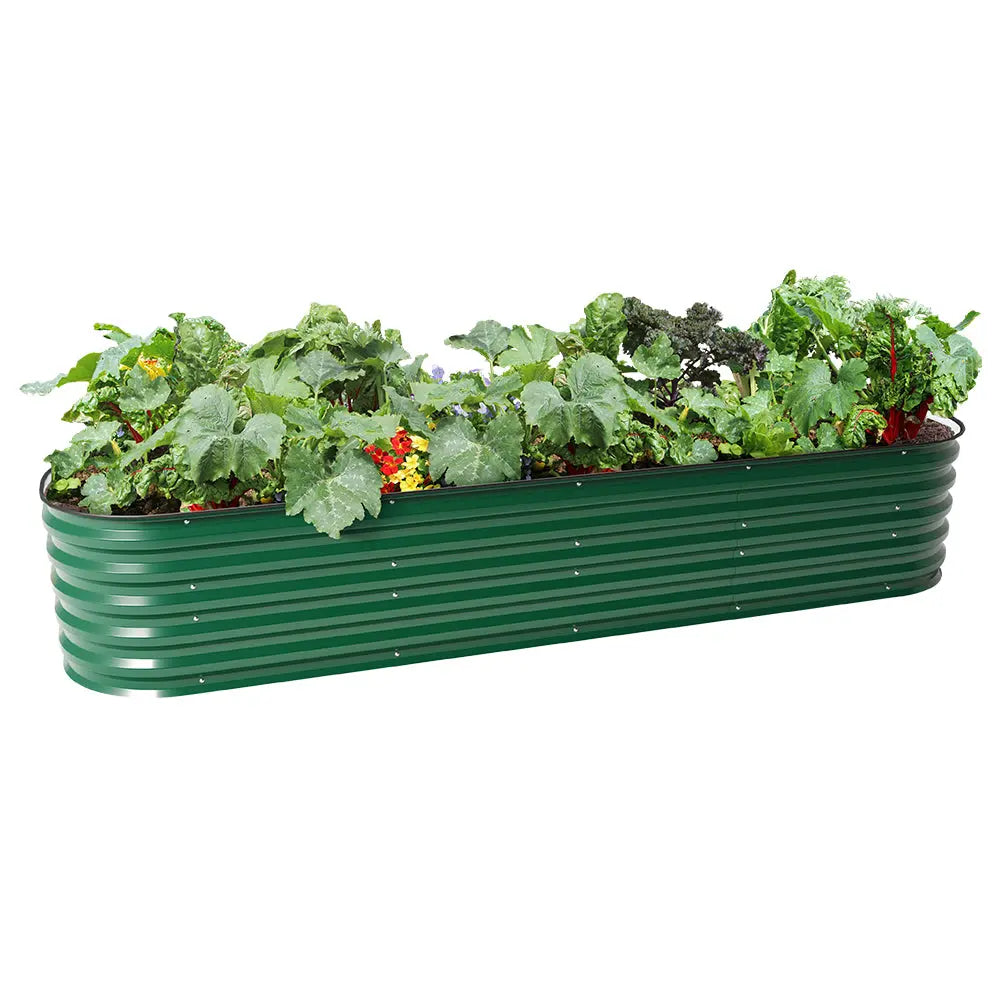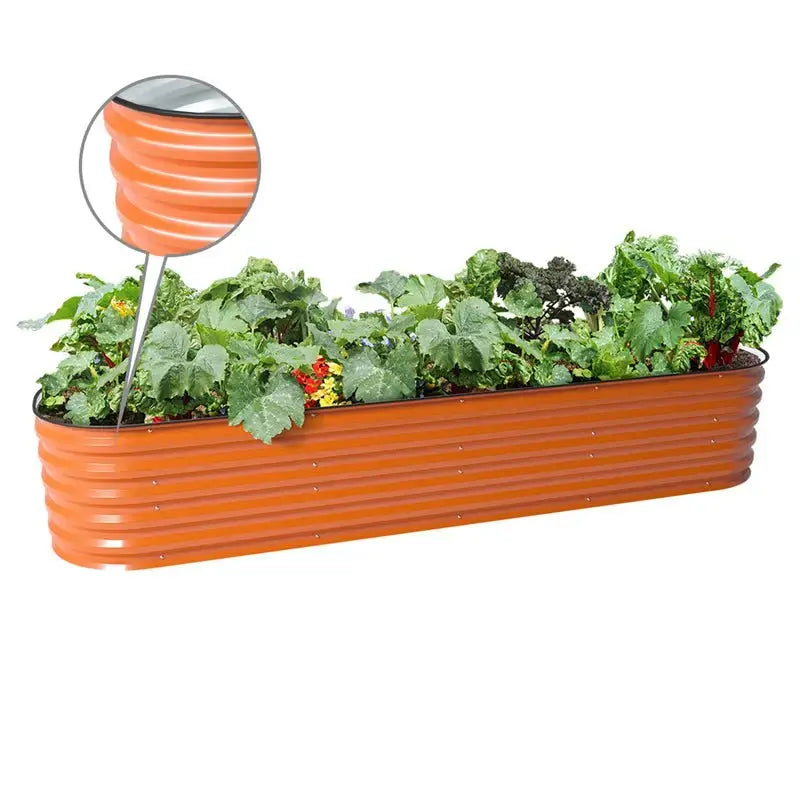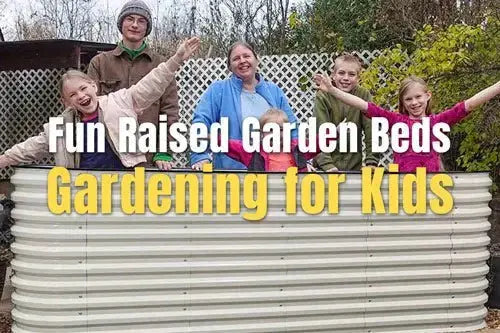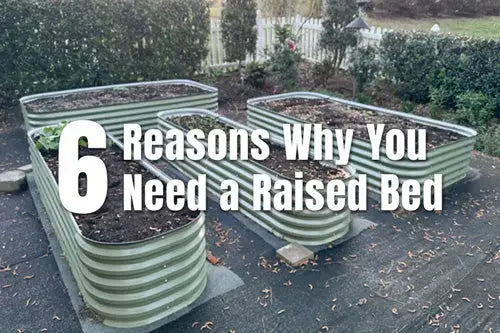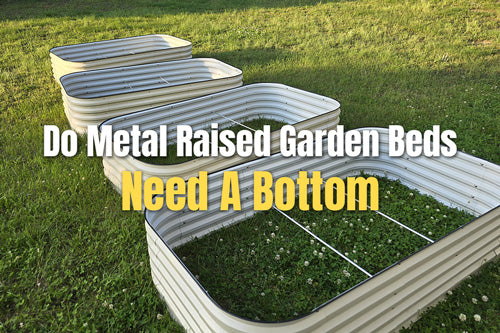Green Peppers Turning Red: How You Can Help Them Ripen Faster
There’s nothing like whipping up a refreshing salad with produce you’ve grown with your own two hands! However, before you start chowing down your home-grown fruits and veggies, you need to let them ripen first. After all, how else would they get that juicy and delicious flavor you’re looking for?
While all produce have different ripening times, in this blog, we’ll focus on one of our favorite vegetables – red peppers. As you can imagine, peppers are usually green in the early stages and turn red as they “grow up.” But what happens if green peppers turning red takes a lot more time than initially planned?
Given how tasty ripe peppers are, home gardeners are always looking for ways to speed up the ripening process, all the while keeping the plant as healthy as possible. With that in mind, if you’ve faced issues with green peppers turning red, this blog will show you different ways how to fix them!
Do Green Peppers Turn Red?

Before getting into all the details of green peppers turning red, let’s answer one important question you may have on your mind – are your peppers supposed to change color?
The short answer – yes, and it’s actually recommended they do! However, they can only do this under the right conditions, most of which you have to “acquire” yourself.
Peppers are usually green when they first start popping up, and they change color as they mature. Even though red varieties might be your favorite, you can also see peppers going yellow, orange, and even purple. During the ripening process, the chlorophyll breaks down and is replaced with beta-carotene, giving the peppers color, as well as that juicy taste we all know and love.
Still, that doesn’t mean that all green peppers turn red. In fact, that all depends on the variety you’ve planted. With that said, check what you’re growing in your garden – if you’ve planted a green variant, they’ll stay like that even when they’re fully ripe, meaning you don’t have to worry about them turning red.
Why Aren’t Your Green Peppers Turning Red?

Do you have red peppers planted in your raised planter boxes? If so, let’s see why they take so long to change color.
As previously mentioned, green peppers turning red takes time, and the experience is different for every gardener. Namely, various environmental factors and your garden’s growing conditions directly impact this process, meaning there are various ways you can speed it up.
But before we get into the details of how to do that, let’s see why the ripening process may be stalled.
1. They Need Time To Mature
If there’s one thing all gardeners should do is to be patient. Easier said than done, right?
Nevertheless, the reason why your green peppers haven’t turned red yet may be that they need more time to mature. Once fully grown, bell peppers usually need two to three weeks to turn red, and even longer than that.
Remember that the ripening process is different for each gardener, meaning if someone’s peppers turned red faster than yours, that’s nothing to be worried about. However, if they take their sweet time to mature, you should definitely take some action and help them out.
2. Temperature Fluctuations
It may come as a surprise, but peppers are tropical plants and they love hot weather! For those who live in warmer climates, green peppers turning red can happen much sooner than you’d think. On the other hand, peppers growing in cool climates usually need a bit more love and heat. In that situation, we recommend growing green peppers in metal raised garden beds could help them turning red.
For your peppers to ripe normally, ensure they get enough warmth. Not only that, but the temperature should remain consistent throughout the entire process, as cold spikes that occur during the night can severely impact the plant’s health.
3. Lack Of Sunlight
Speaking of temperature, we also have to mention sunlight. In addition to heat, peppers love sunlight – a lot of it. Typically, they prefer to be in full sun for six to eight hours each day.
Sunlight is a crucial part of green peppers turning red. As you can imagine, peppers need a lot of energy for photosynthesis and growth. With that in mind, ensure they get plenty of direct sunlight and aren’t shaded by any taller plants. If possible, place your raised metal beds accordingly to achieve optimal growing conditions.
4. Nutrient Inconsistency
The final reason why your peppers may take longer to change colors is because they’re not getting enough nutrition or aren’t taken care of properly. So, give them plenty of water throughout the maturing process (the soil should be moist but not waterlogged), use well-draining soil and balanced fertilizer, and try not to overfeed your plants with fertilizer. If you’ve already taken care of these steps, you just need to play the waiting game.
17'' Tall 8x2 Metal Raised Garden Beds (9 in 1)【Upgrade 2.0】
Our metal planter boxes are designed for aesthetics and durability, and they are the most popular planters among all Vegega metal planters. The 17" tall 8x2 planter box provides ample space for growing vegetables, herbs, or flowers, while its rust-resistant coating ensures years of reliable use in any weather.
Why Choose Vegega Metal Planter Boxes?
Our metal planters are coated with a non-toxic, food-safe material, making them perfect for edible gardens. Only you try it, you love it.
Durable and Long-Lasting Design
When it comes to gardening, durability is crucial, and our 17'' tall metal planter boxes excel in this aspect. Made from high-quality materials, these planter boxes are designed to withstand various weather conditions, ensuring that your plants remain safe and healthy. The robust construction reduces the risk of damage from rust and wear, so you can enjoy gardening for years to come without worrying about replacements.
Versatile Garden Space
These metal planter boxes not only provide a sturdy environment for your plants, but they also offer versatility. Measuring 8x2 feet, you can arrange them in various configurations to maximize your gardening space.
Whether you want to create a stunning vegetable garden or display colorful flowers, these raised beds fit your needs. Plus, the height of 17'' makes it easier to tend to your plants, reducing strain on your back.
Simplified Assembly
One of the standout features of our raised garden beds is the simplified assembly process. With the 9-in-1 design, you can easily set up your metal planter boxes without requiring specialized tools or extra help.
This feature is particularly beneficial for beginners who are new to gardening and want a user-friendly experience. You can start planting quickly and efficiently, allowing you to focus on growing beautiful plants instead of fussing with complicated setups.
Eco-Friendly and Low Maintenance
By choosing Vegega metal planter boxes, you're investing in a sustainable gardening solution. The Zn-Al-Mg steel is 100% recyclable, and the rust-resistant coating ensures minimal upkeep. Simply set up your planter, fill it with soil, and start growing—no need for constant repairs or replacements.
Metal Planter Boxes Specifications
- Material: 0.6mm Zn-Al-Mg steel
- Dimensions: 17"H x 8 ft. L x 2 ft. W
- Weight Capacity: holds up to 1,200 lbs of soil
- Color: white, green, blue, orange, and gray
- Warranty: 20-year limited warranty against rust and corrosion
Perfect for Growing:
- Vegetables: Tomatoes, peppers, carrots, lettuce, and more
- Flowers: Roses, sunflowers, petunias, and other blooming plants
- Herbs: Basil, mint, rosemary, and other kitchen essentials
- Small Trees: Dwarf citrus, olive trees, or decorative shrubs
Whether you're a beginner gardener or a seasoned pro, our 17" Tall 8x2 Metal Planter Boxes provide the perfect foundation for a thriving, beautiful garden. Order now and experience the Vegega difference!
How To Make Green Peppers Turn Red Faster

1. Prune, Prune, Prune
Take a good look at your pepper plant. Are there any side shoots popping up? If so, you want to prune them ASAP.
As previously mentioned, peppers need a lot of energy for photosynthesis. But if they love the environment where they’re growing, the plants will most likely develop new shoots, resulting in even more peppers. While this may seem like a good thing, the plant won’t have enough energy for photosynthesis, meaning existing peppers will stay as green as the grass. With that said, prune away any growth spurts, allowing your peppers to mature properly.
2. Reduce The Number Of Peppers
In the case where your plant is overloaded with peppers, consider harvesting a few, allowing the rest to ripen. By doing so, the plant will use all of its energy for photosynthesis, and this is an excellent technique for those who are running the clock. Additionally, some peppers can even ripen off the vine, making it a win-win!
3. Increase The Temperature
If you live in a cool climate, row covers go a long way. By covering your plants, you will trap heat in and protect your plants from cold nights. Add a layer of black plastic mulch for extra protection.
Conclusion
If you see that your green peppers are turning green by following the above-mentioned steps, know that you’re doing an excellent job! You’ll get to enjoy juicy red peppers directly from your garden and they’ll taste even more delicious knowing how much effort you’ve put into their maturing. View more about 10 Tips for Successfully Growing Bell Peppers in Your Garden in VEGEGA Gardening tips.
